Inge Ruth Leeds Love ’58
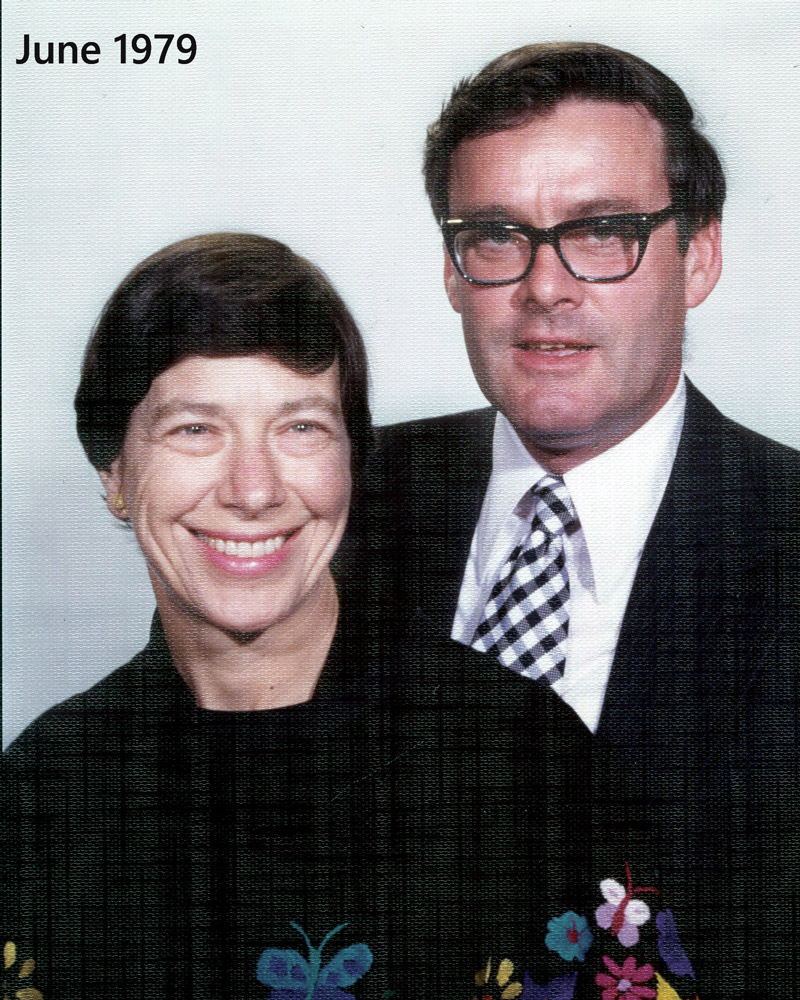
Inge Ruth Leeds Love and Kenneth Love ’55
May 13, 2021, in Portland.
Ruth came to the United States as a young child when her parents left Austria in 1938. The family originally settled in the Pittsburgh area, but relocated to the Seattle area after World War II.
Ruth was taken with journalism when she started at Reed, but that fell by the wayside when she decided to pursue a degree in political science. Her father disapproved of any discipline that might rely on the government for a professional career. The two compromised and Ruth set her sights on a career in sociology. She was attracted to the empirical nature of the field; for Ruth, research was not a place for generalizations.
“Social change is much faster than we as sociologists have realized,” she said. “Every change has brought social implications. But we have to be careful about making hard-and-fast generalizations about society, because the conditions that permit these generalizations may change.”
She wrote her thesis, “The Universalistic-Particularistic Dilemma and the Role Performance of Nurses,” advised by Prof. H.D. Jolly [sociology 1949–70]. In graduate school at Columbia University, Ruth became involved in the Bureau of Applied Social Research in charge of logistics and arranging interviews for resident scholars. Her focus was television media and their influence on society. In her research, she investigated several broadcasting markets, observing how the variation of programming compared to local demographics. Her dissertation was titled “Television and the Death of a President: Network Decisions in Covering Collective Events.”
After completing her graduate studies, she returned to the Pacific Northwest and landed a teaching position at Reed, taking over Prof. John Pock’s position while he was on sabbatical. While teaching at Reed, she was invited on a weekend outing with other Reedies at Orcas Island, where she met Kenneth Love ’55. The two discovered they shared a number of interests and married.
Ruth decided that teaching full time was not the best career choice for her, though she would have part-time teaching stints at Portland State University and Lewis & Clark College, teaching courses on urban and rural sociology.
“It took me a while to figure out what I wanted to do as a sociologist after finishing my PhD,” she said. “Academia did not appeal; my pace for teaching was about one course per term. Fieldwork in Portland for entities based elsewhere was fun for a while but too irregular, as was consulting. A door opened with the passage of the National Environmental Policy Act. It included a requirement to prepare environmental impact statements, which meant that federal agencies would need the help of all kinds of ologists, including sociologists.”
In 1975, Ruth got a position in the U.S. Army Corps of Engineers analyzing environmental impact studies. A severe drought in the northwest region of the country had affected power supply to residents. Several U.S. senators and representatives from the region drafted a bill promoting energy conservation efforts to address the drought and the oil supply shock of 1979–80. In 1980, Congress passed the Pacific Northwest Electric Power Planning and Conservation Act, which called for conservation measures and adaptation of renewable energy resources such as wind and solar power.
Ruth switched agencies and went to work in the new conservation unit of Bonneville Power Administration as an environmental specialist. Here she functioned not as a sociologist, but as a general environmentalist, ensuring that conservation programs complied with NEPA and other environmental laws.
“The sociological science background, the general ability to continue learning and research in pre-web days, asking questions, and some good coaching from an engineering friend enabled me to make this career change and enjoy doing so,” she said. “Incidentally, rereading Uncle Sam in the Pacific Northwest, a classic by Reed College political science professor Charles McKinley [political science 1918–60], helped me ace the interviews at Bonneville.”
While at the BPA, Ruth also researched the effects of the radioactive substance radon and how this naturally occurring emission from the earth’s surface impacts human health in enclosed quarters.
She was active in the American Sociological Society (now the American Sociological Association), joining as a student at Reed on the recommendation of Prof. John Pock. She served as chair of the Sociological Practice Committee, produced a monthly newsletter for committee members, and was influential in reviewing the ASA ethics code from a sociological practice perspective.
After retiring, Ruth volunteered as a reader at Portland elementary schools and traveled with her husband. They were active in environmental organizations and were instrumental in the program to save the Badger Lake conservation area. She read voraciously and collected folk art from around the world. Kenneth died in March of this year.
Appeared in Reed magazine: September 2021
comments powered by DisqusFrom the Archives: The Lives they Led
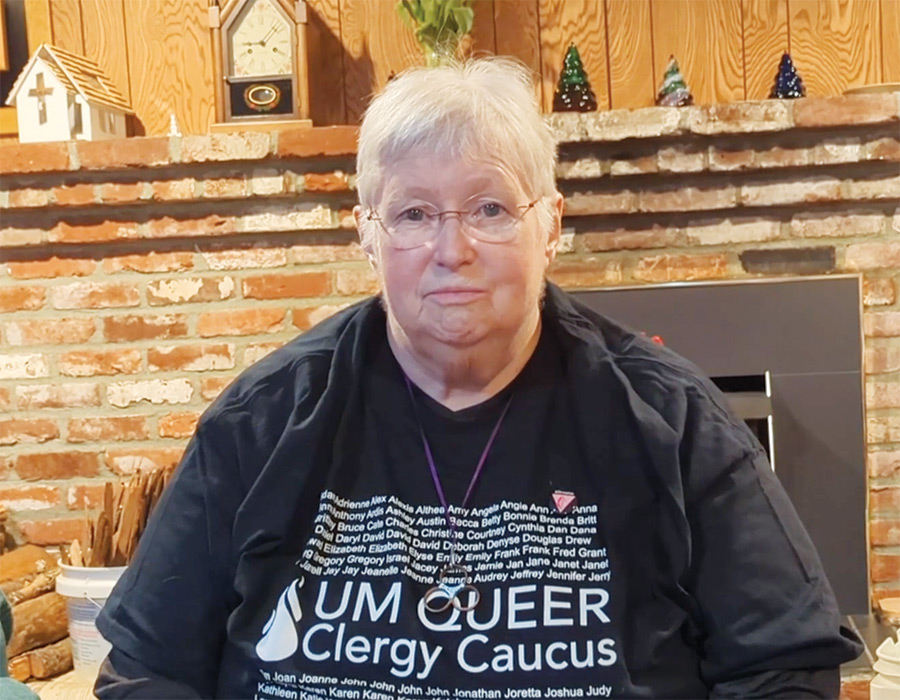
Jeanne Knepper ’69
The First Openly Gay Woman to Be Ordained and Appointed Within the Oregon-Idaho Conference of the United Methodist Church
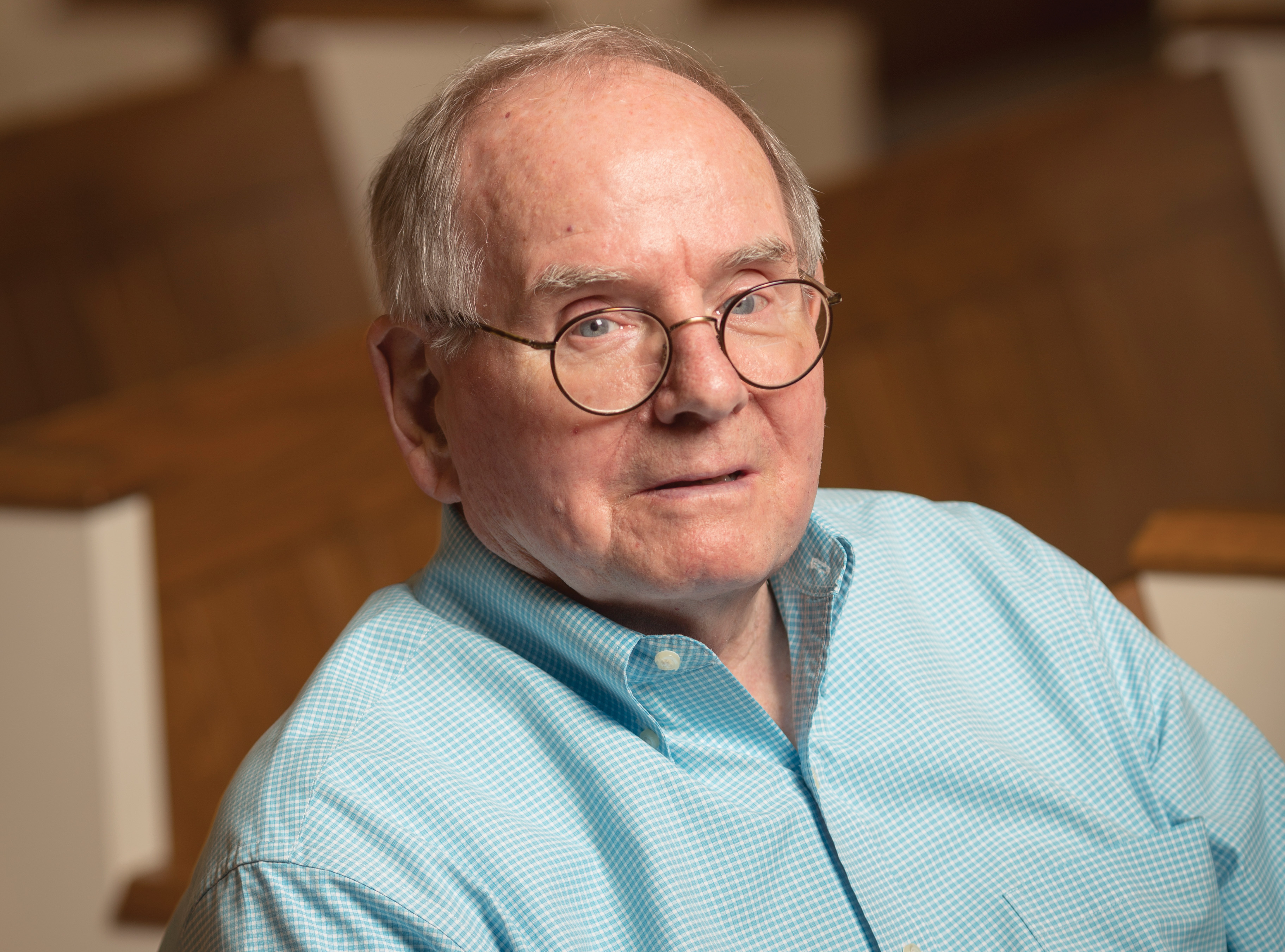
William Haden
As Acting President of Reed, He Strengthened the College's Finances and Alumni Relations
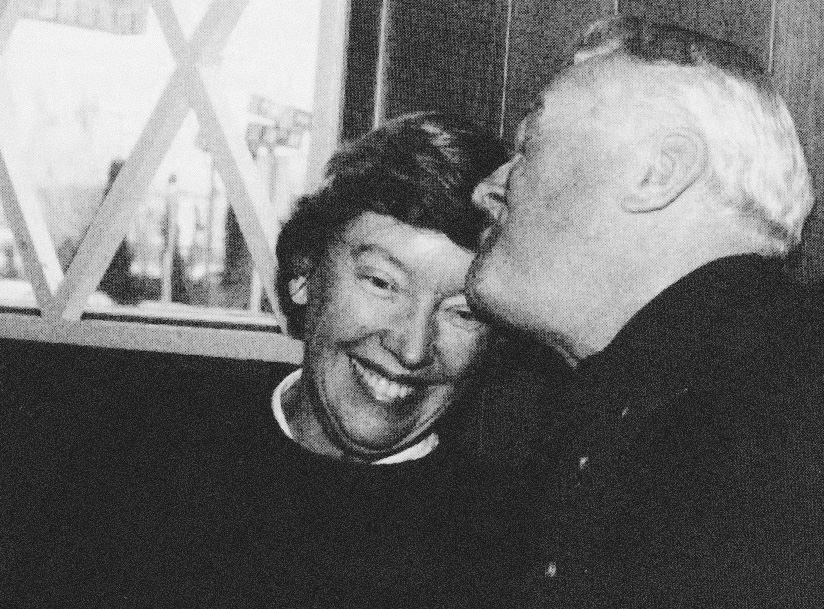
Nancy Horton Bragdon
Reed’s First Lady Whose Warmth and Leadership Were Invaluable During a Turbulent Time

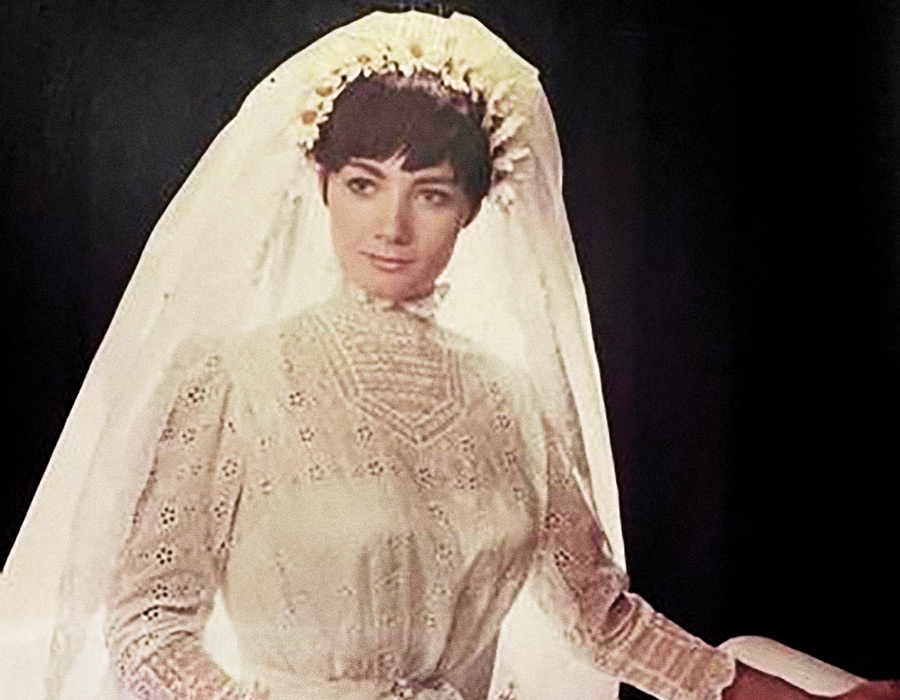
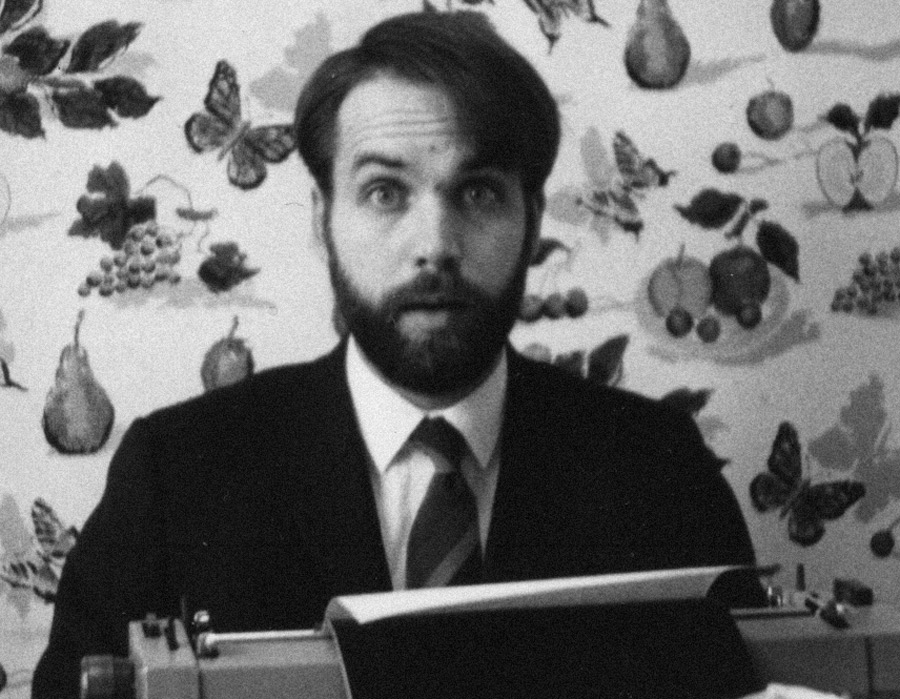
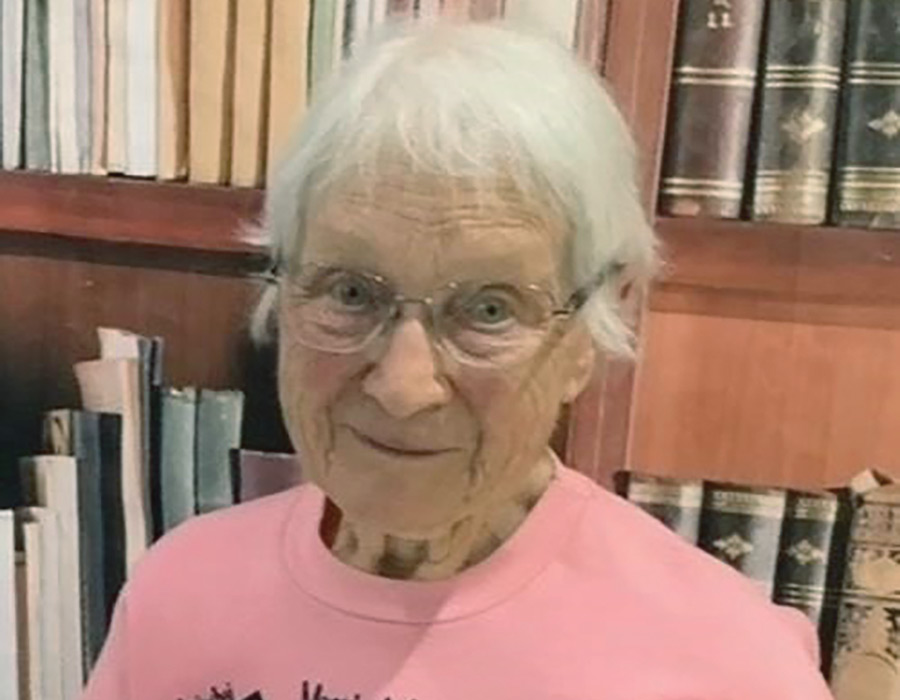
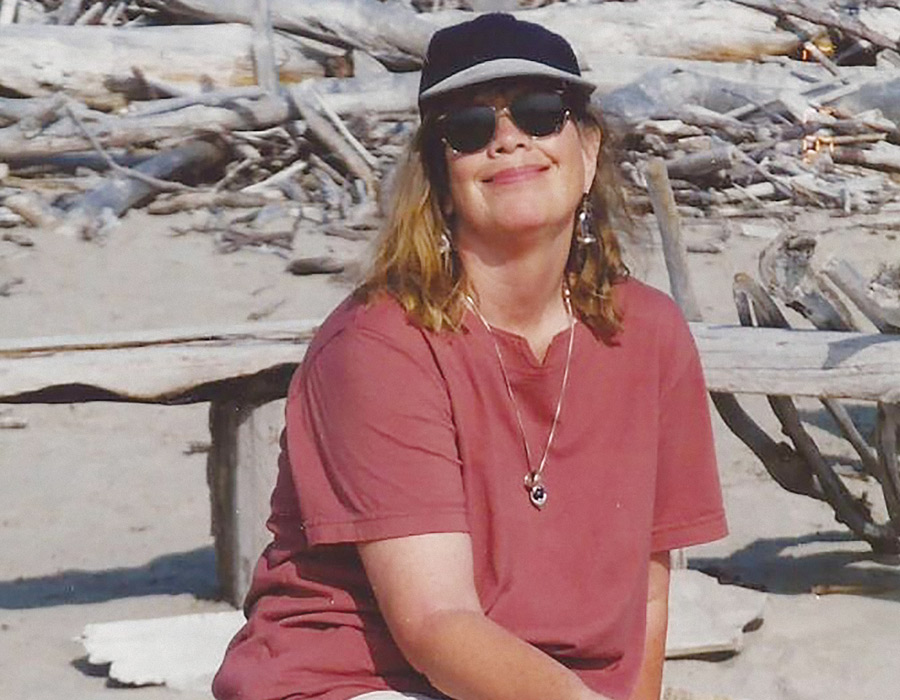
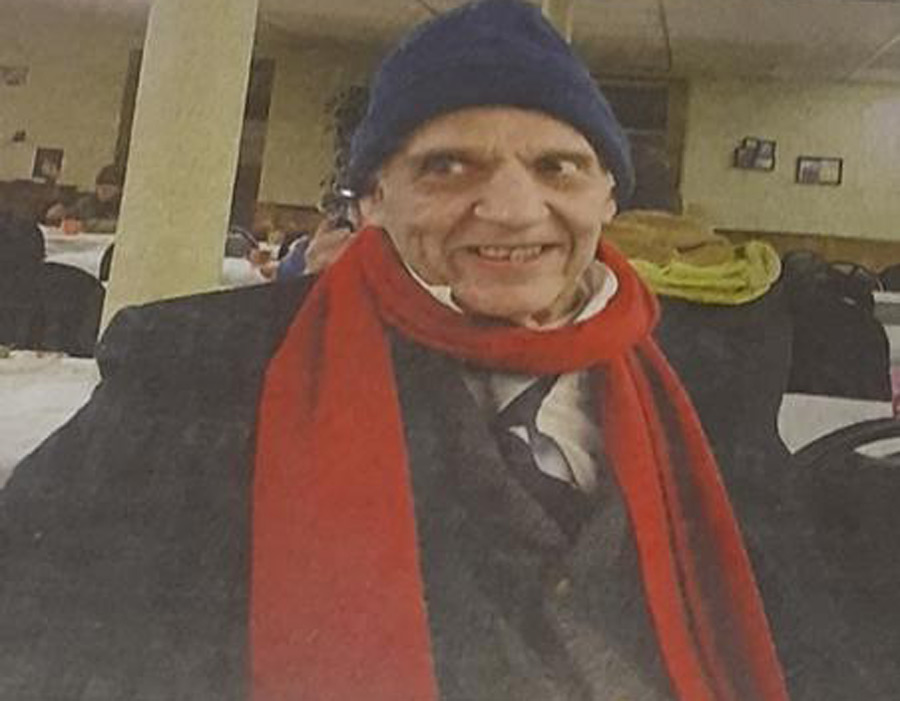
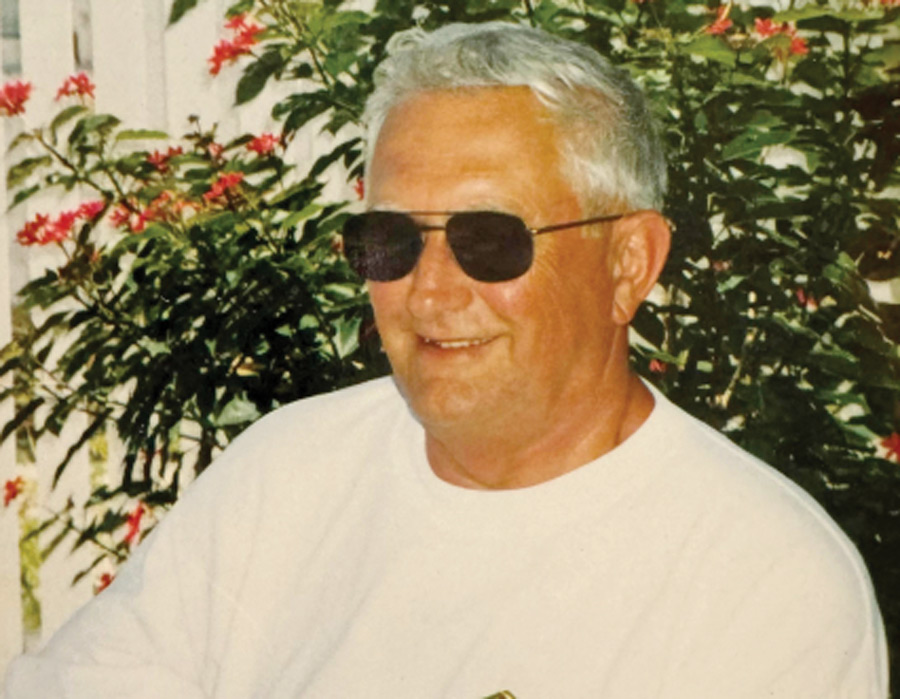
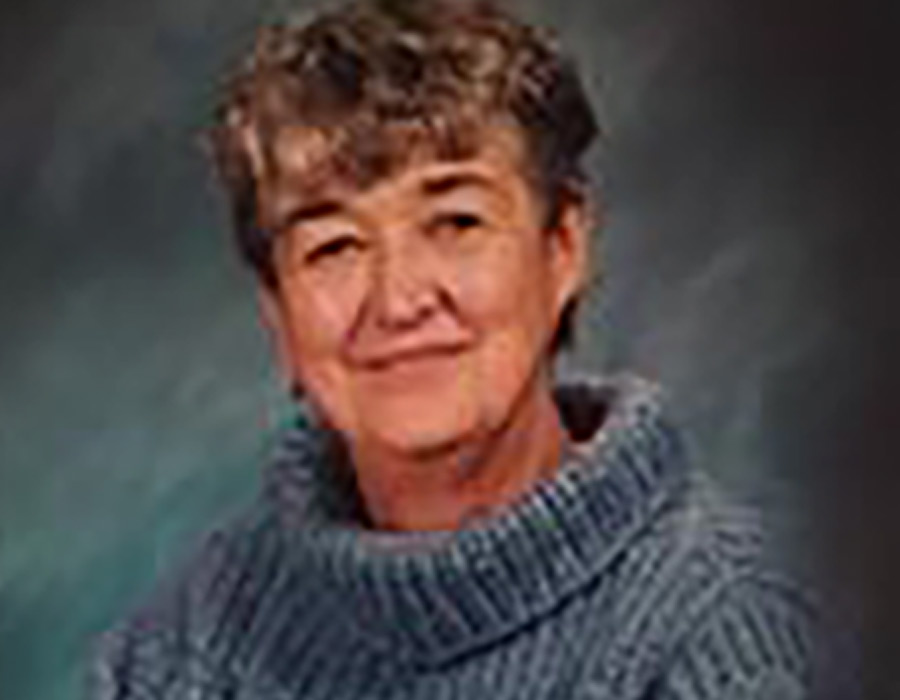
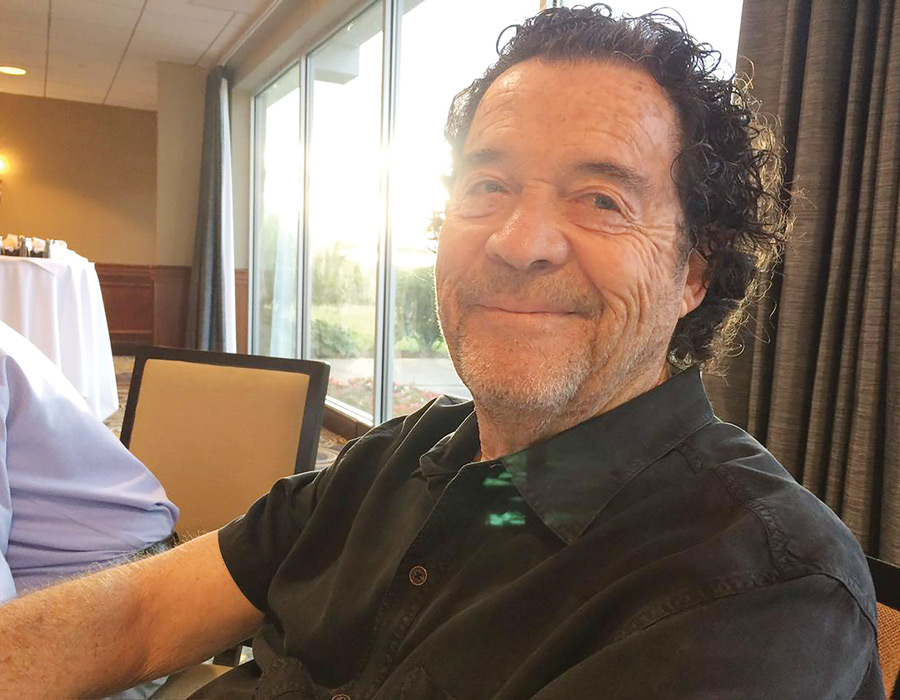
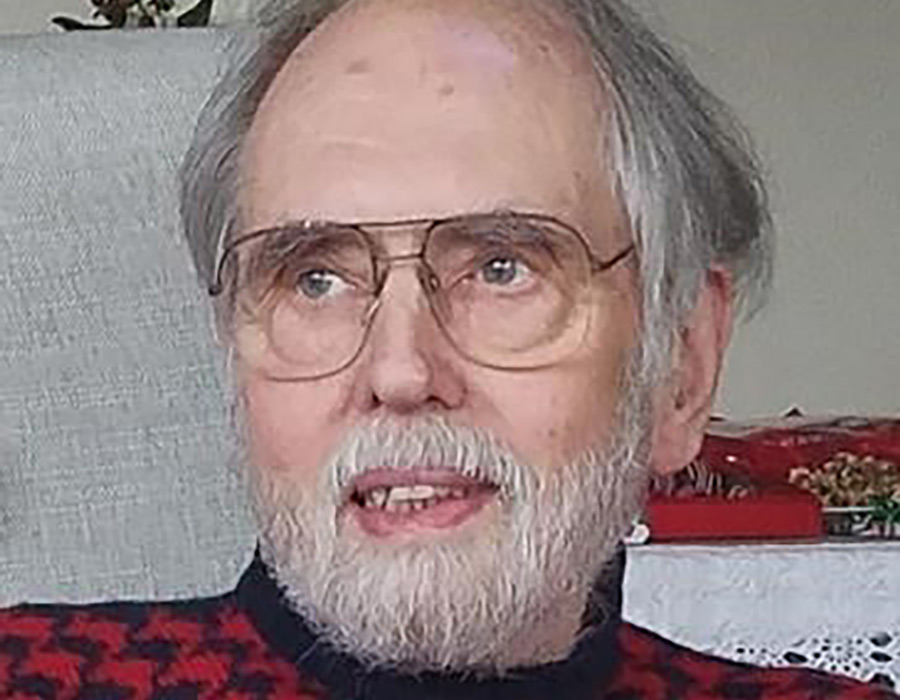
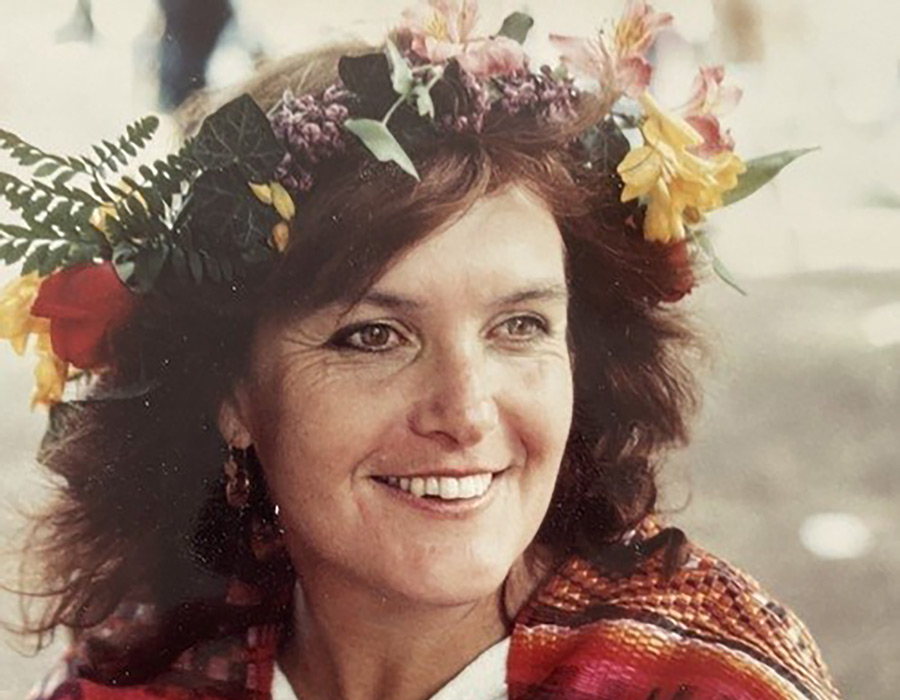
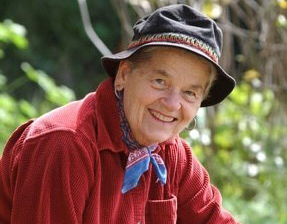
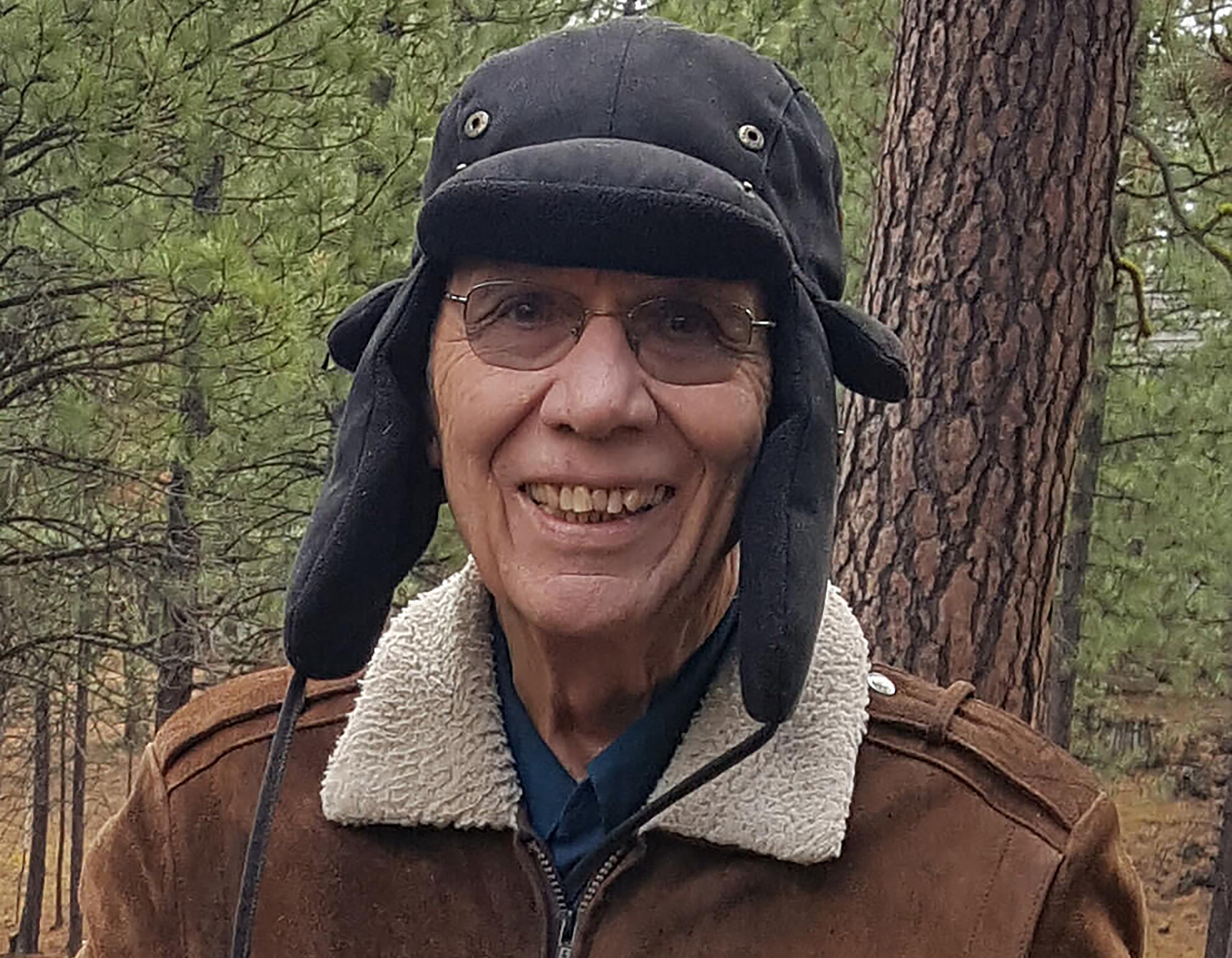
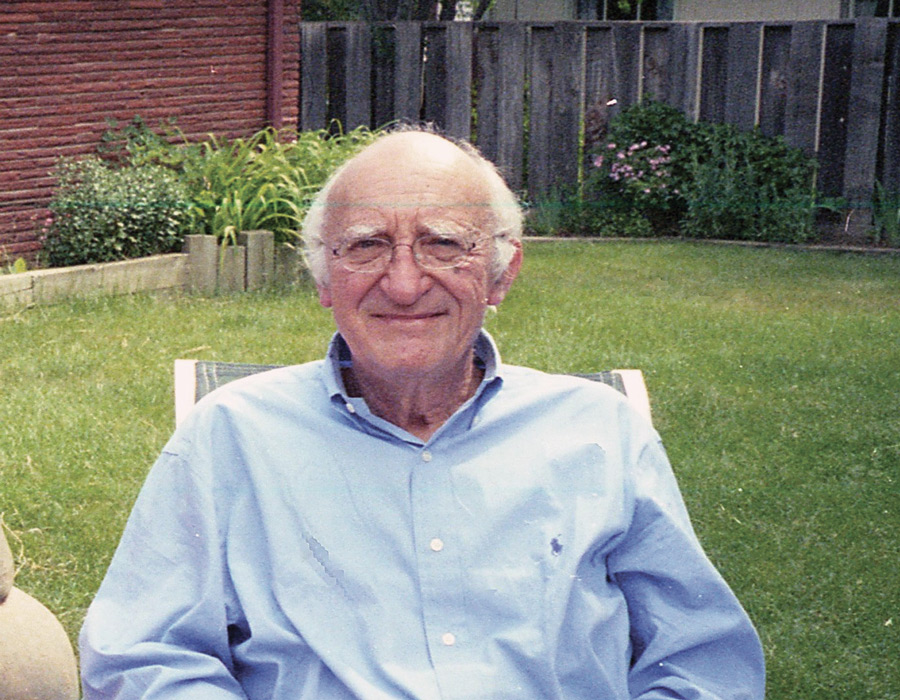
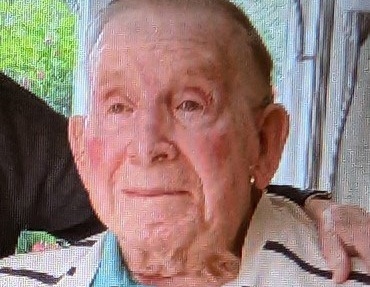
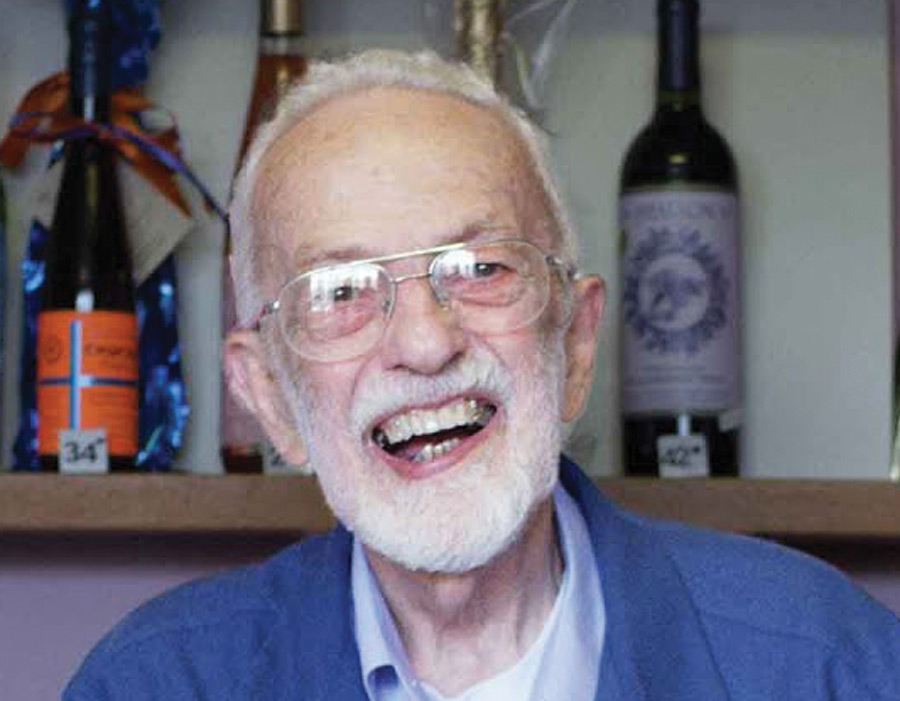
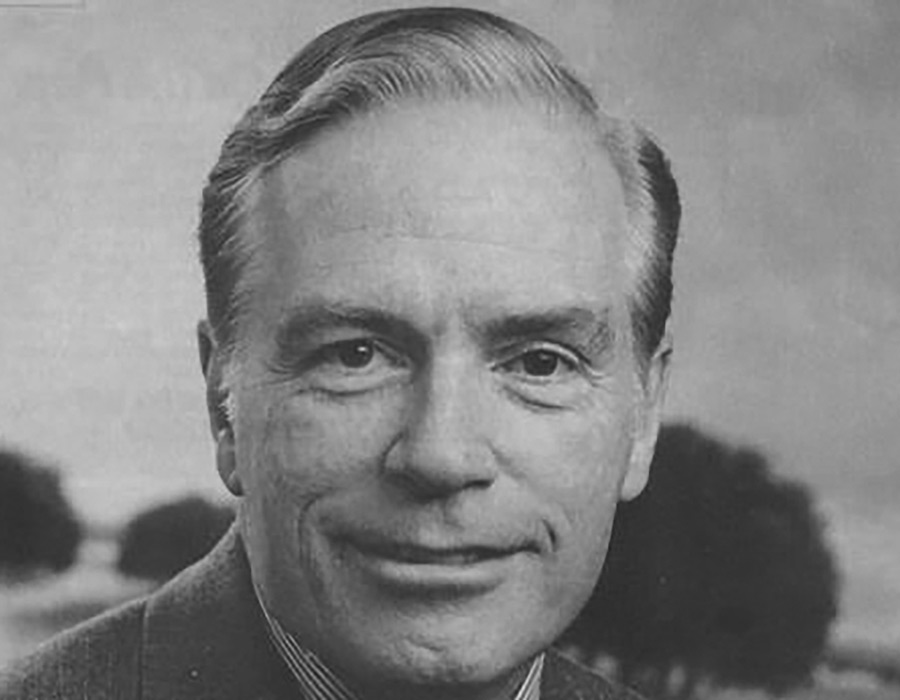
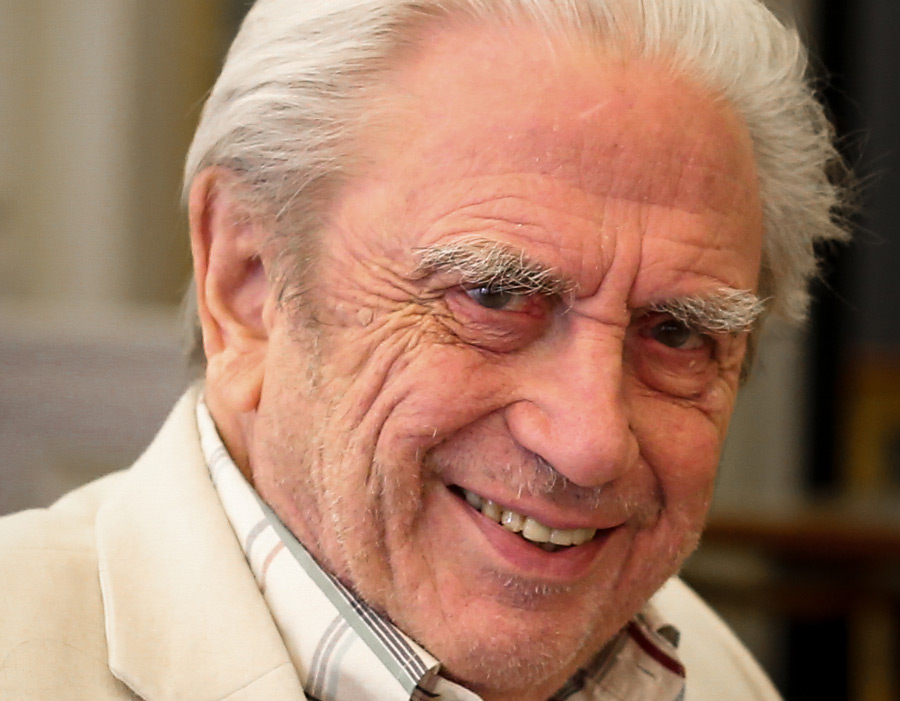
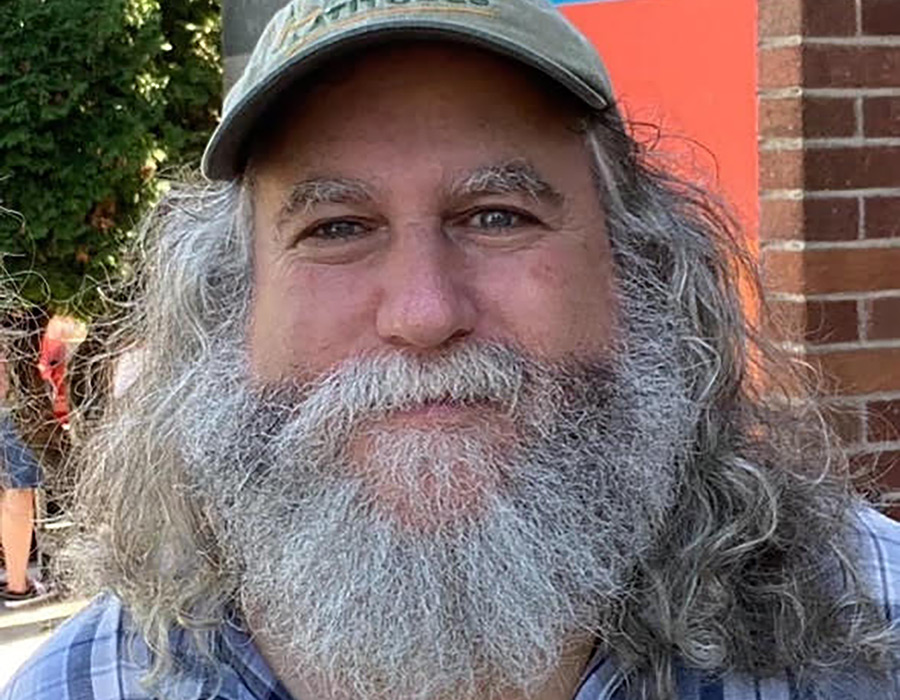
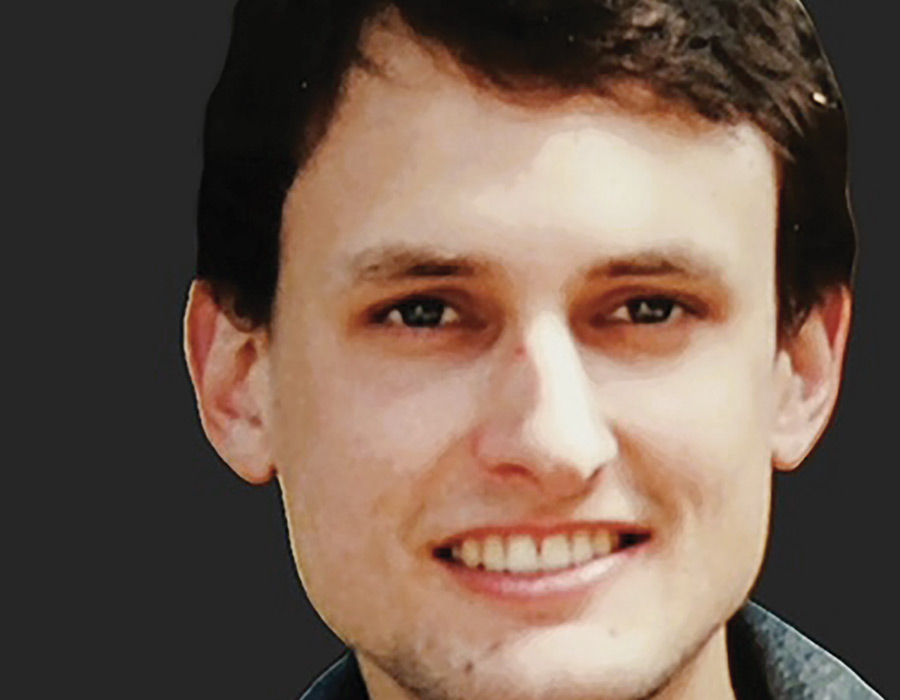
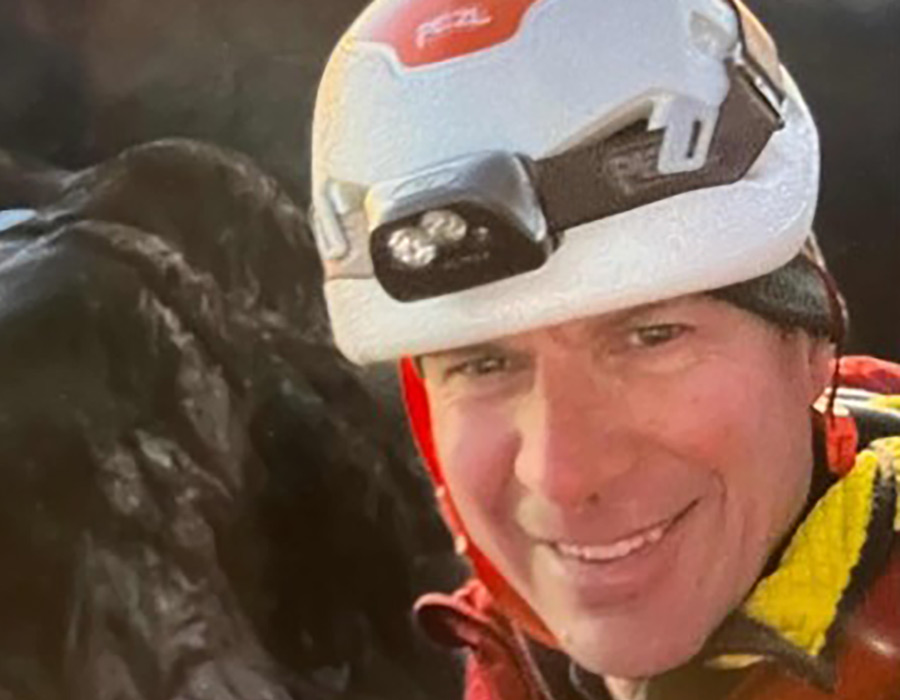
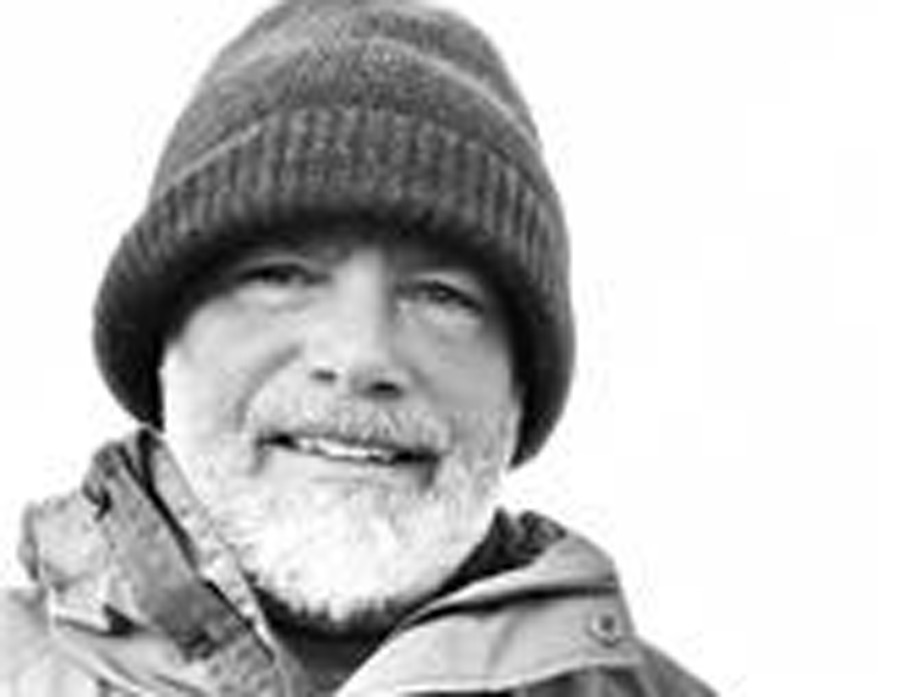
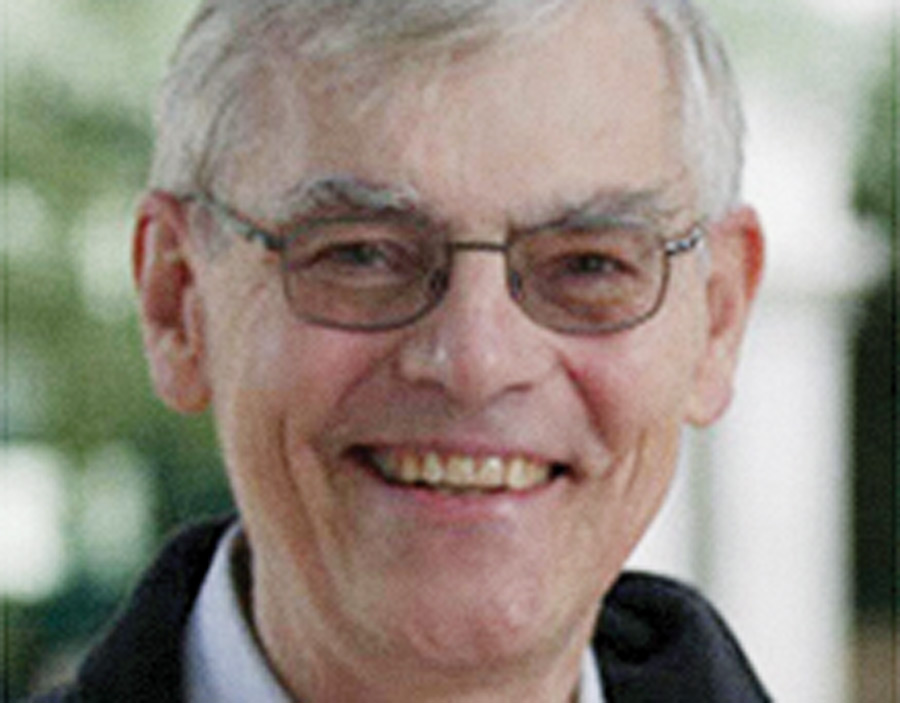
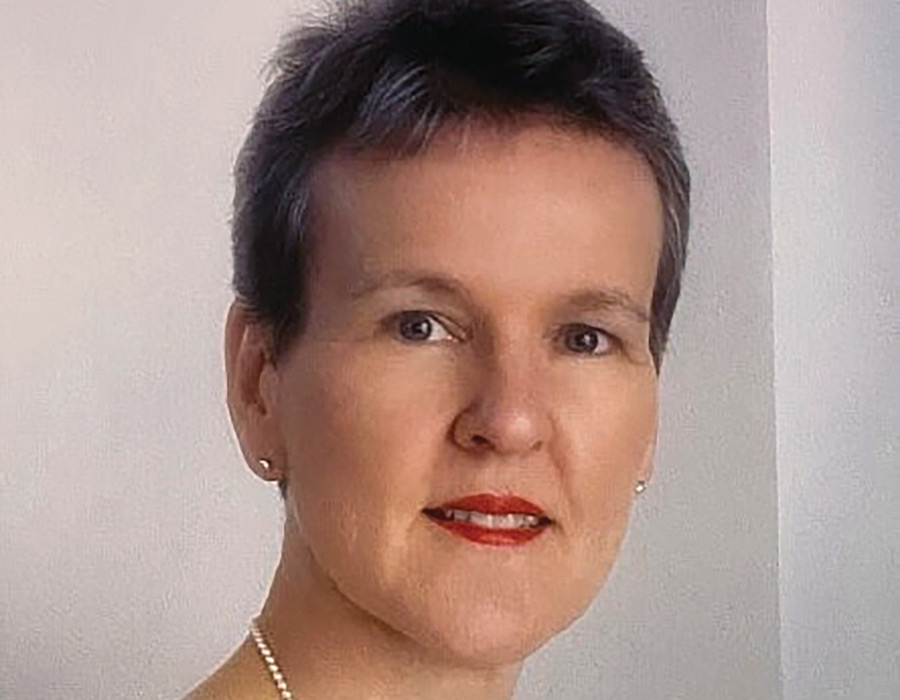
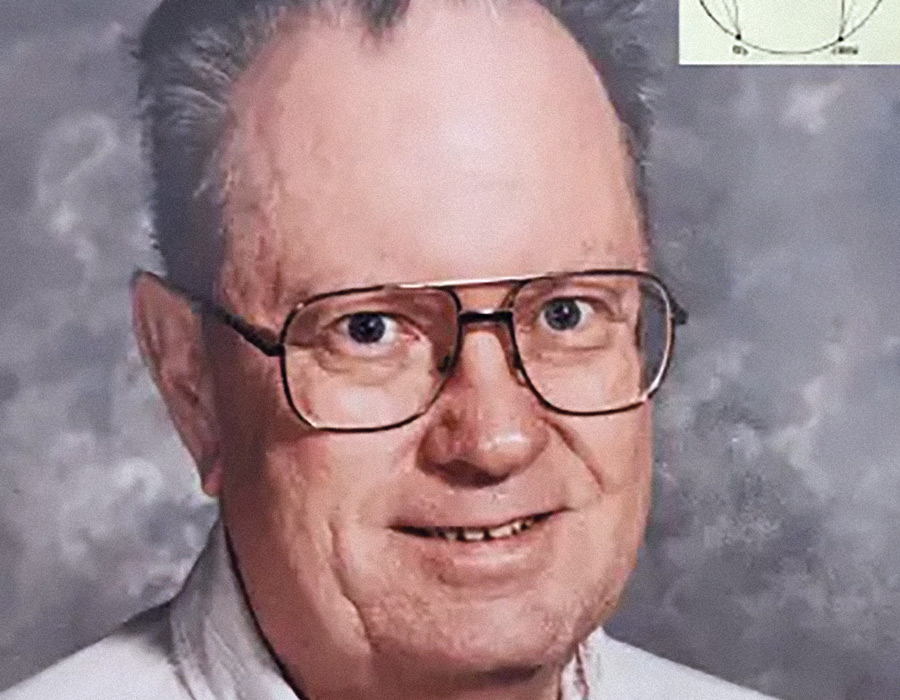
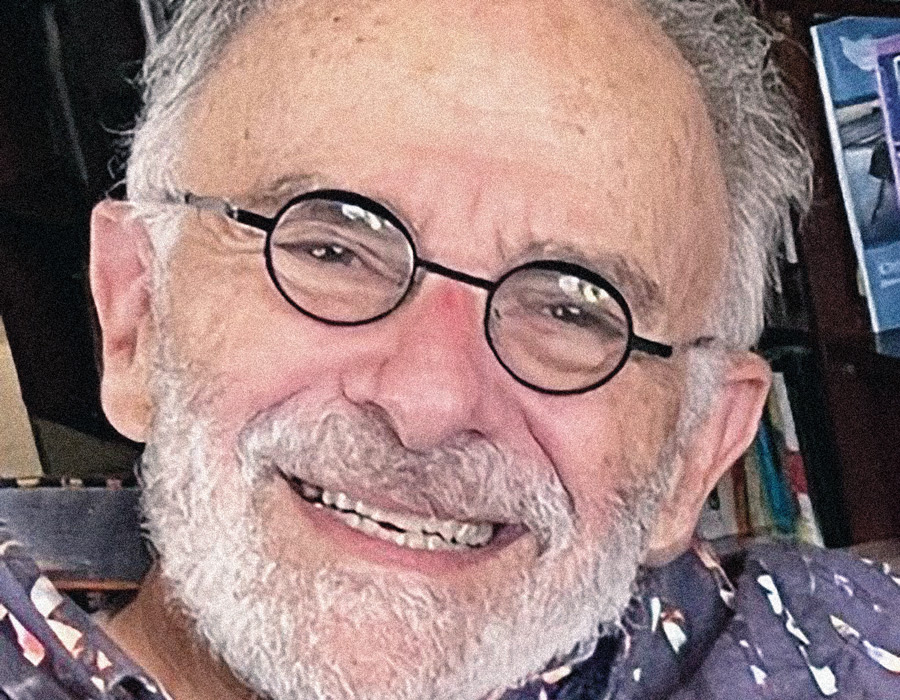
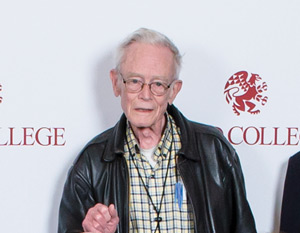
![Photo of Prof. Laurens Ruben [biology 1955–92]](https://www.reed.edu/reed-magazine/in-memoriam/assets/images/Larry-Ruben-copy.jpg)
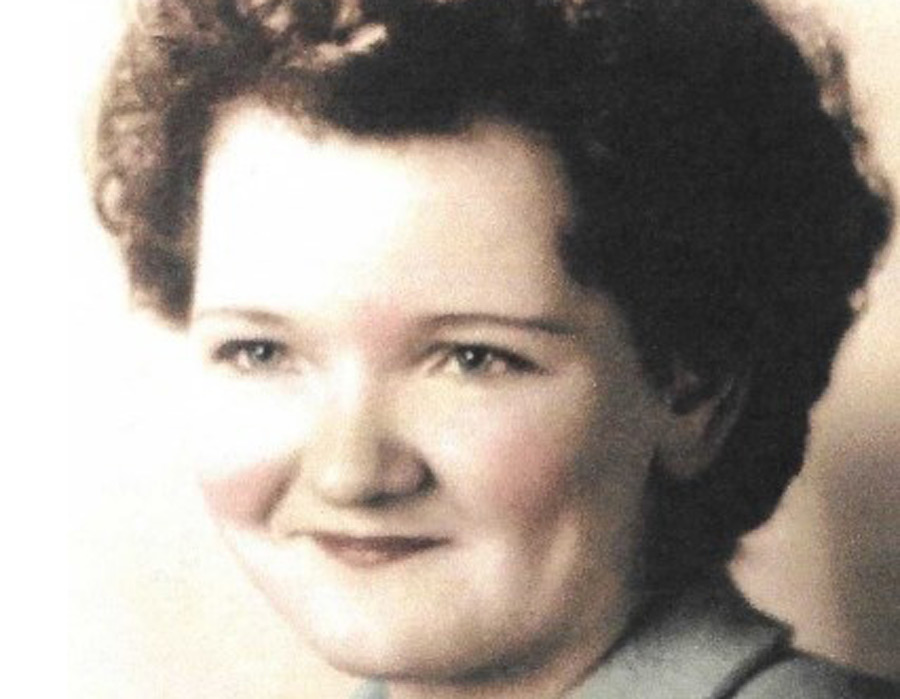
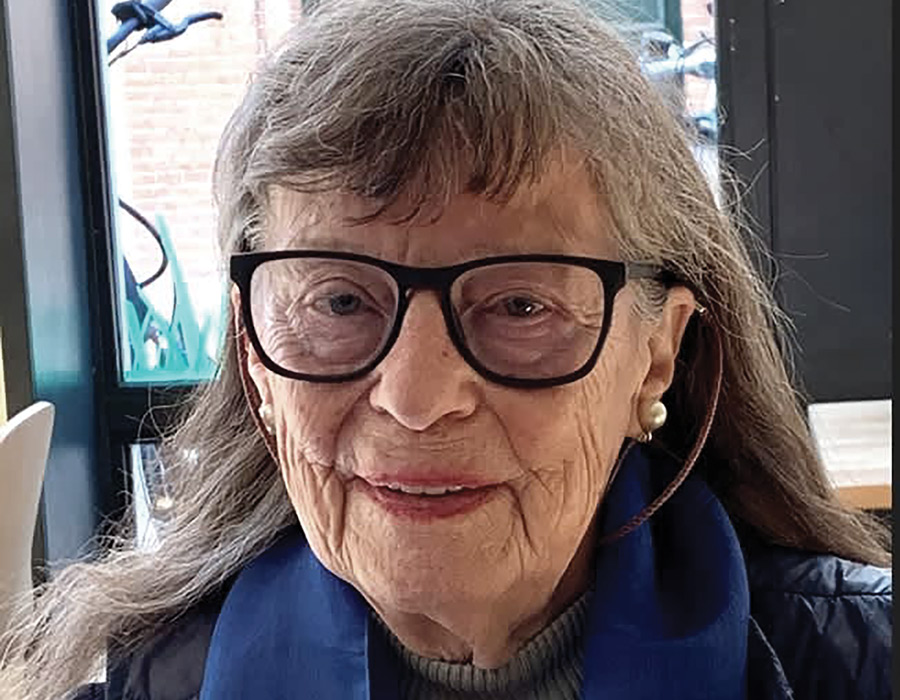
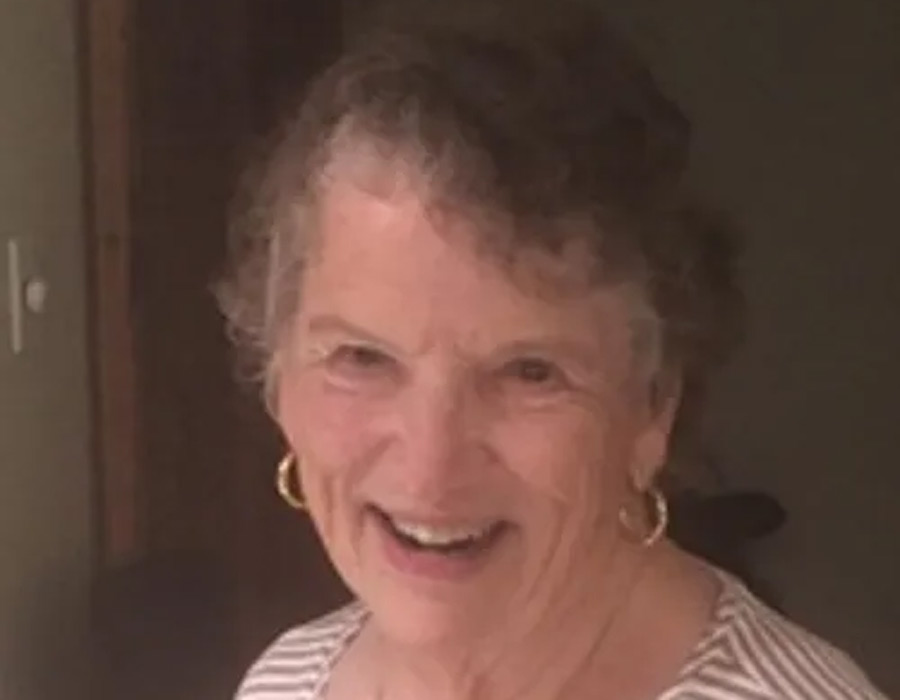
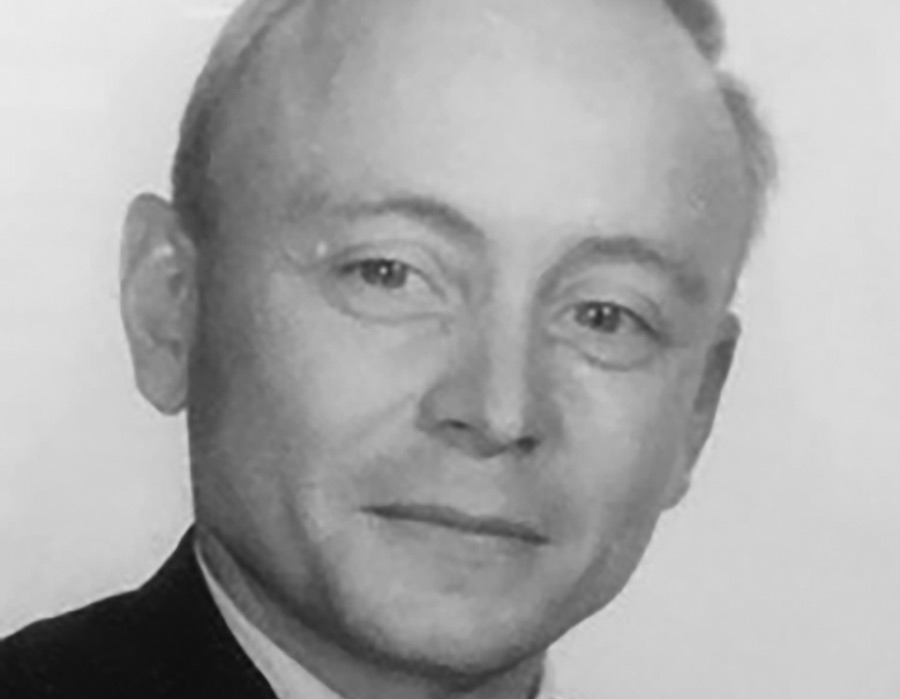
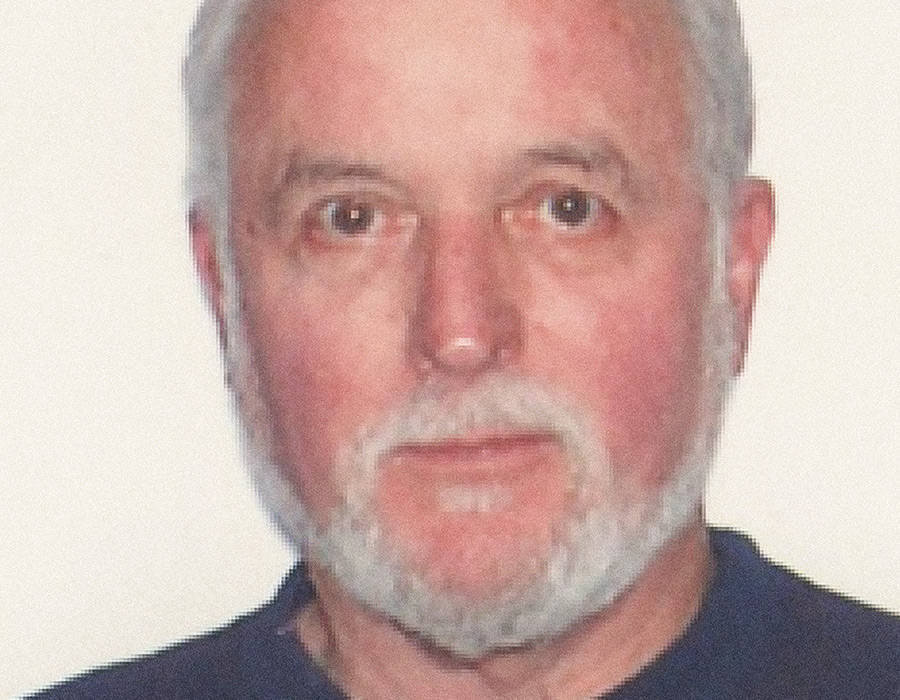
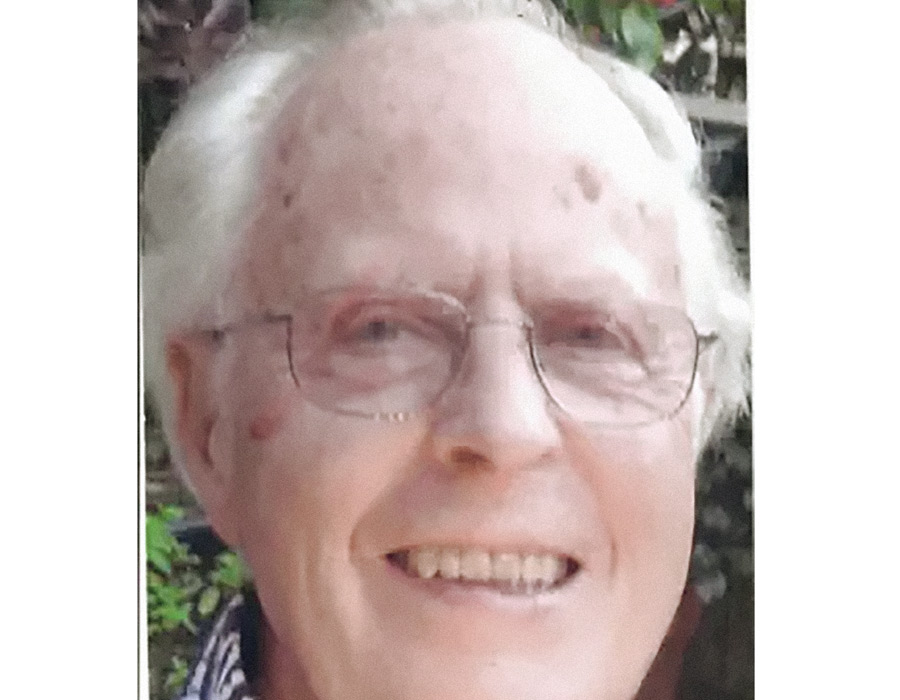
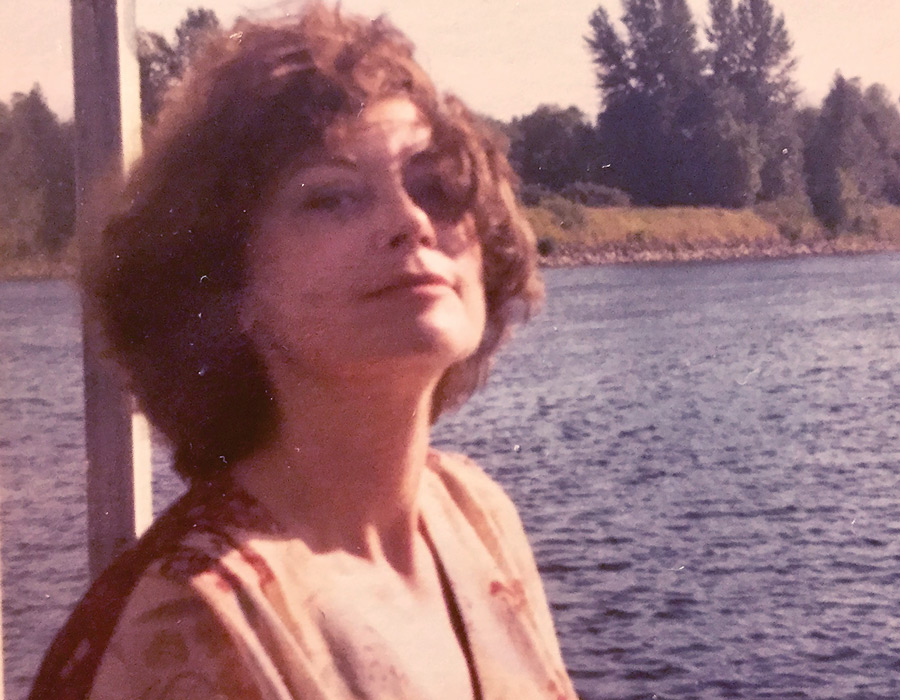
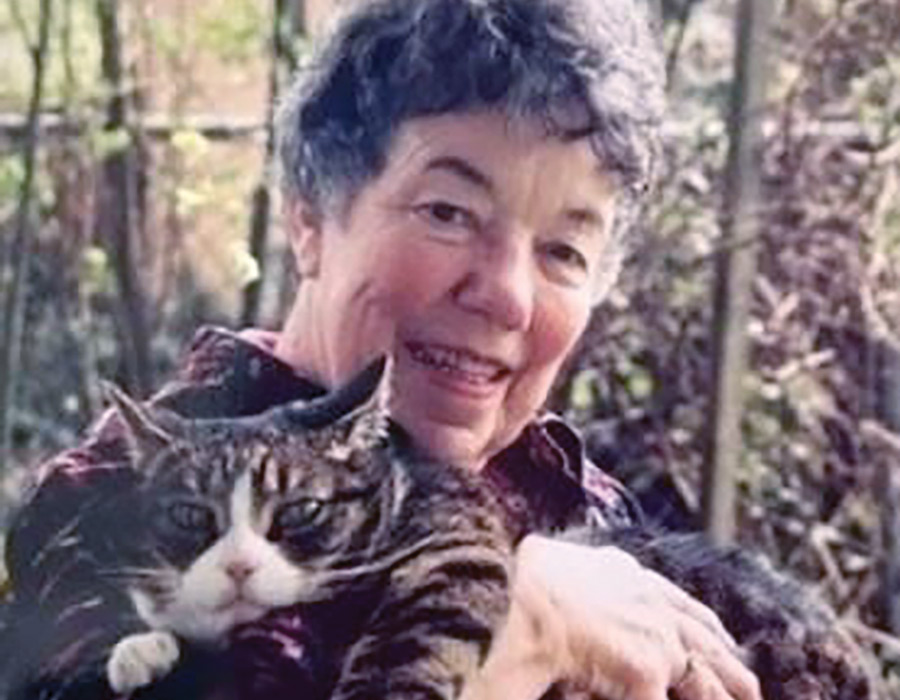
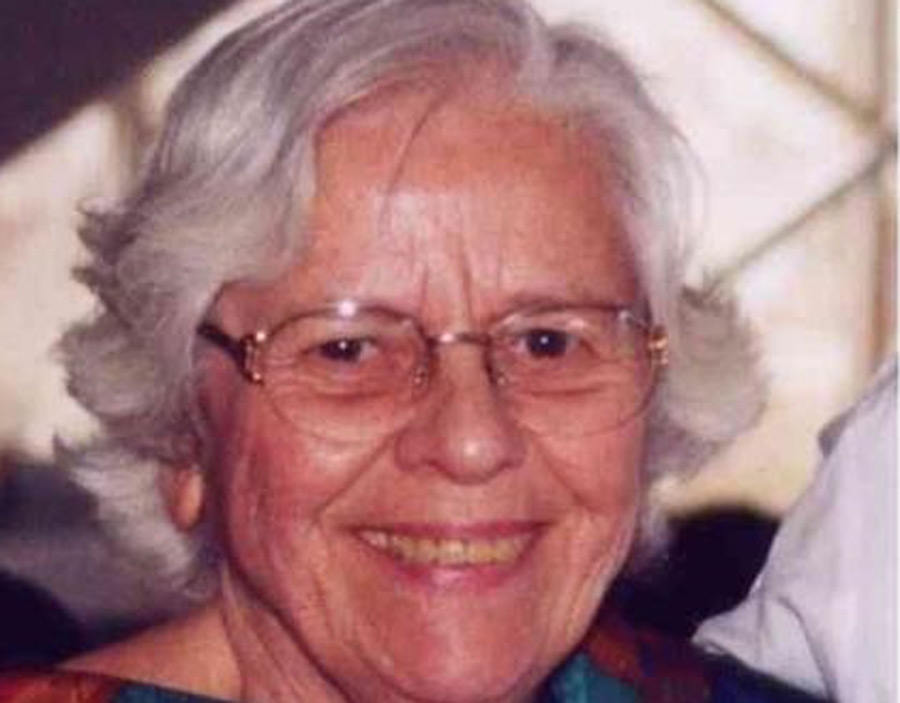
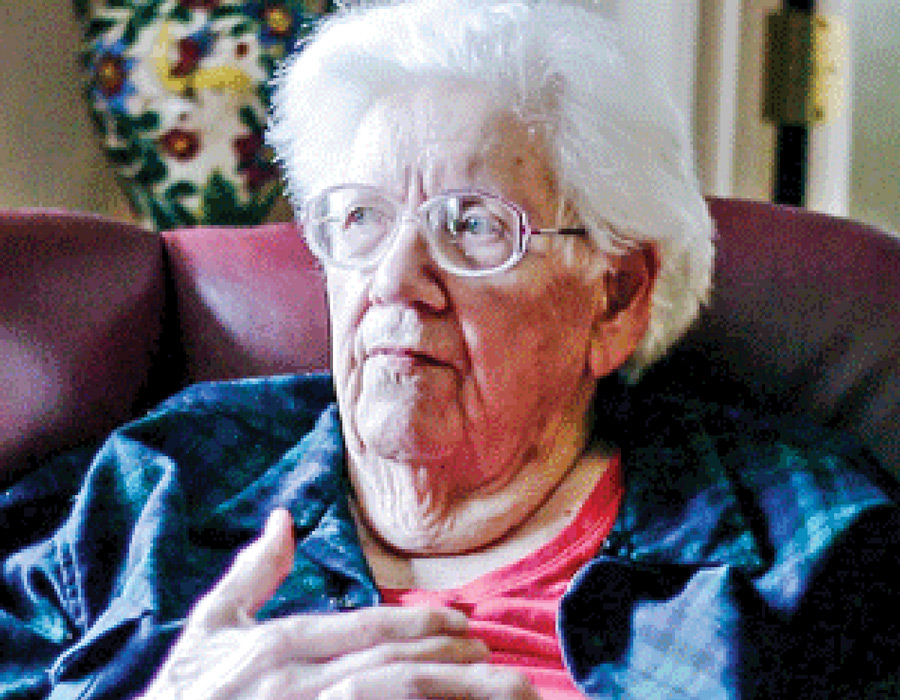
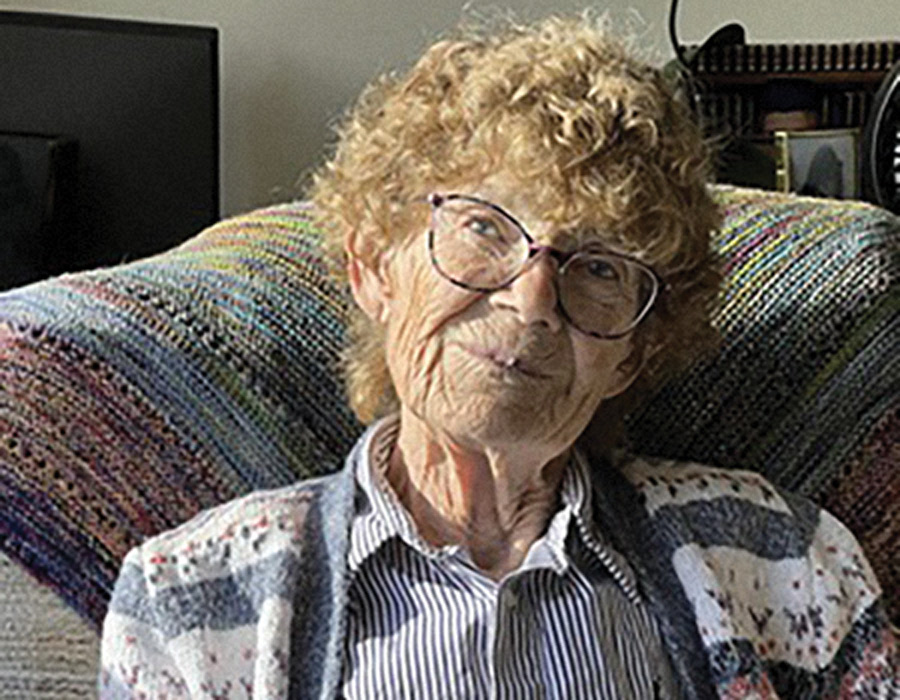
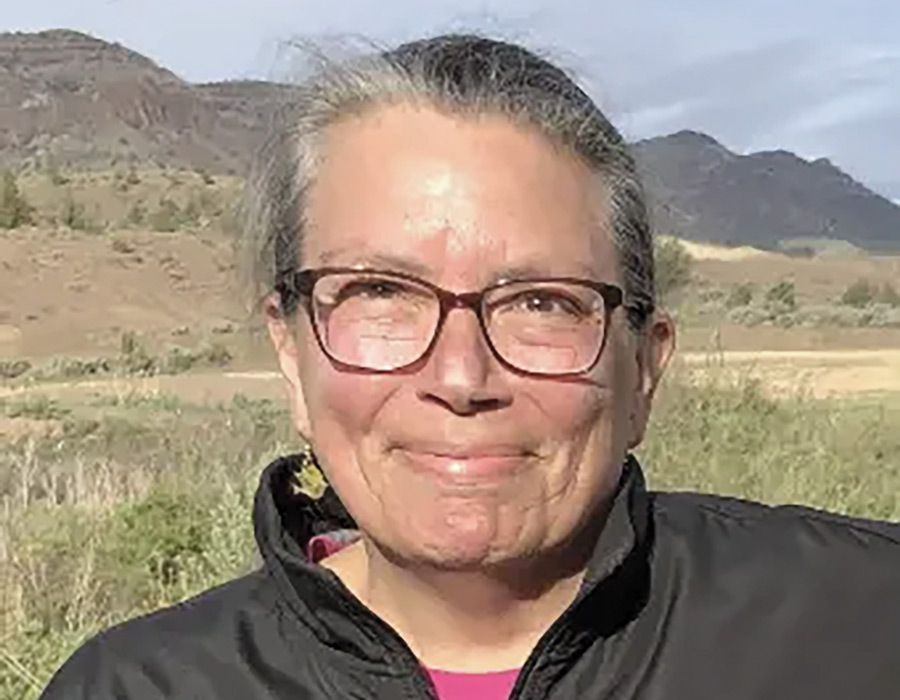
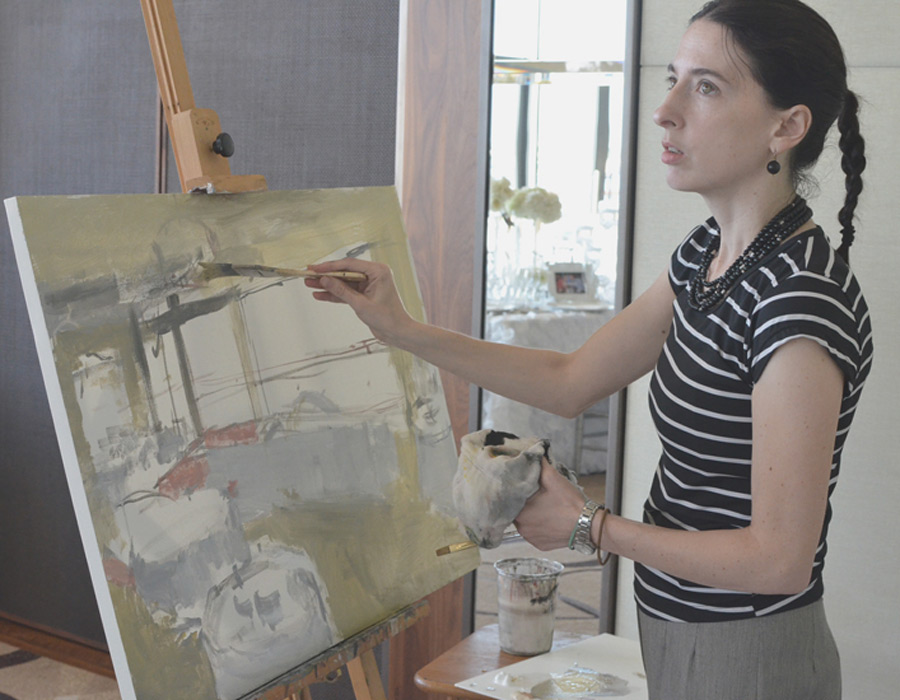
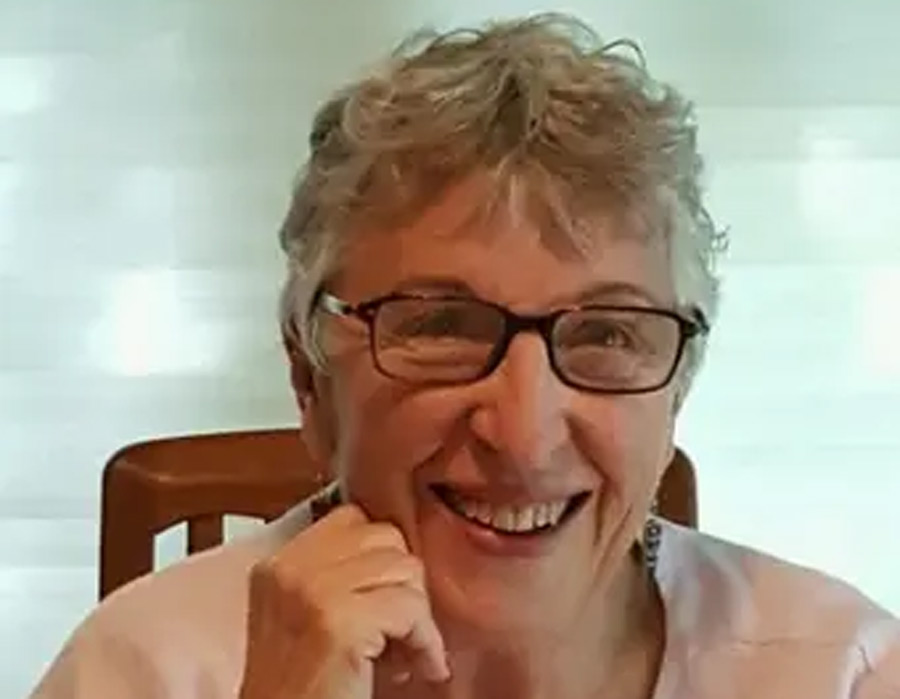
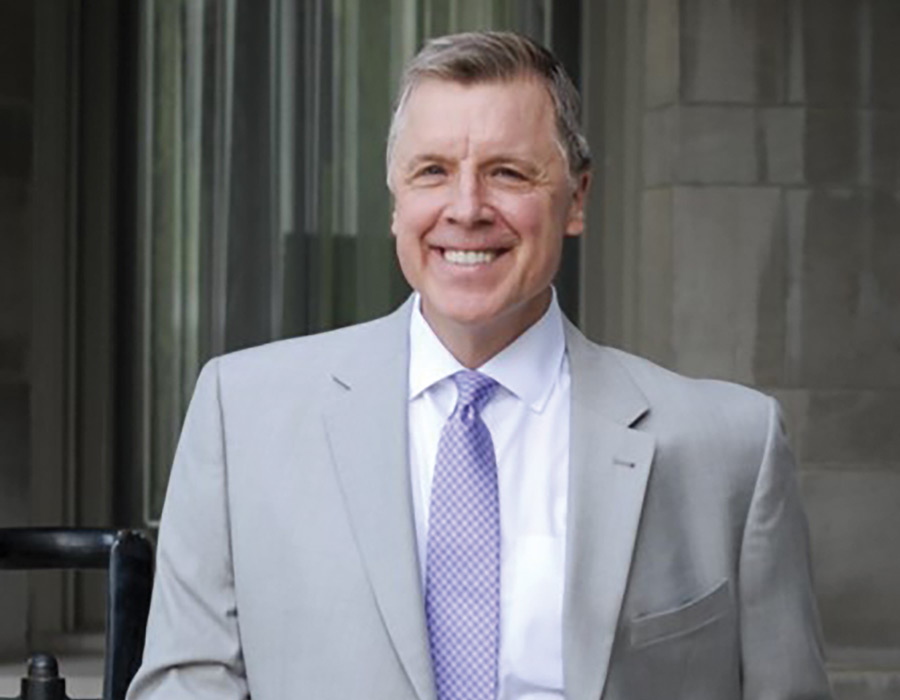
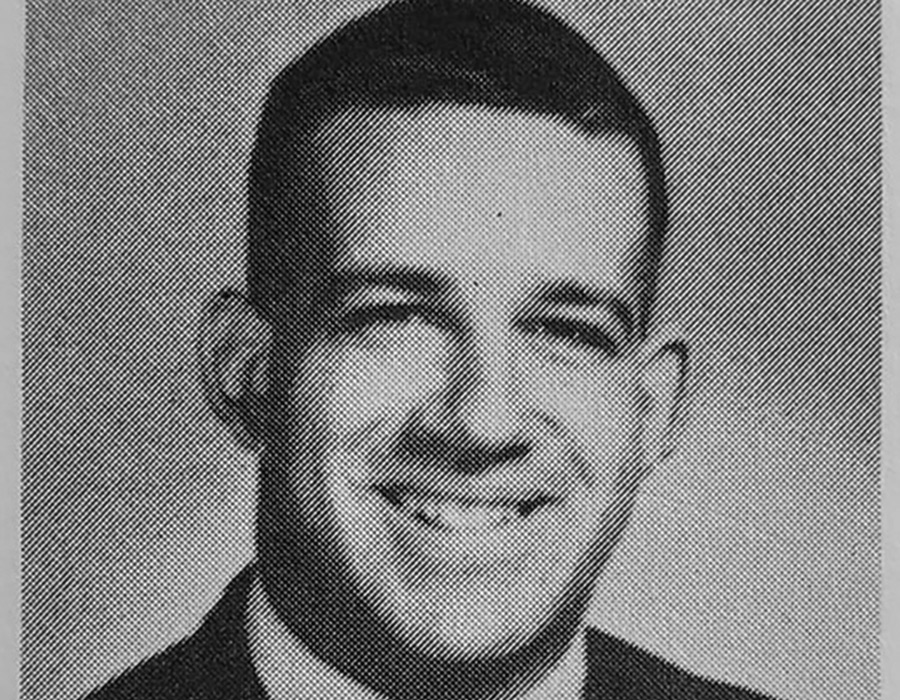
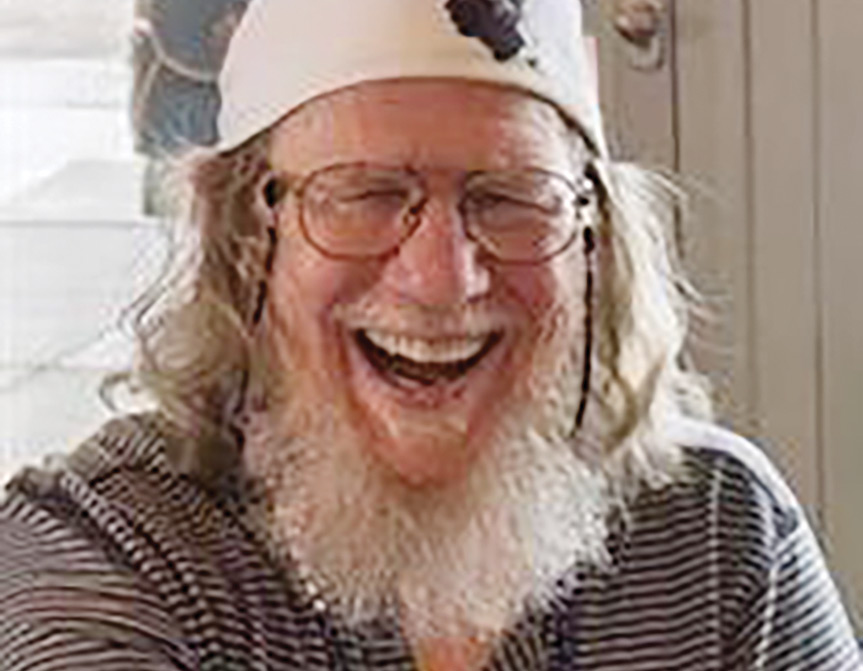
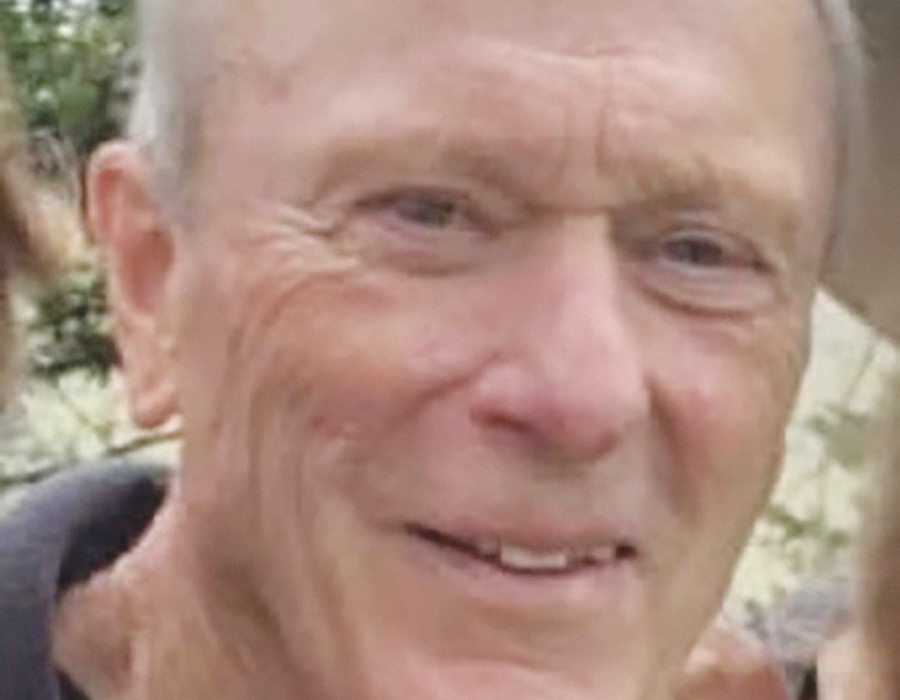
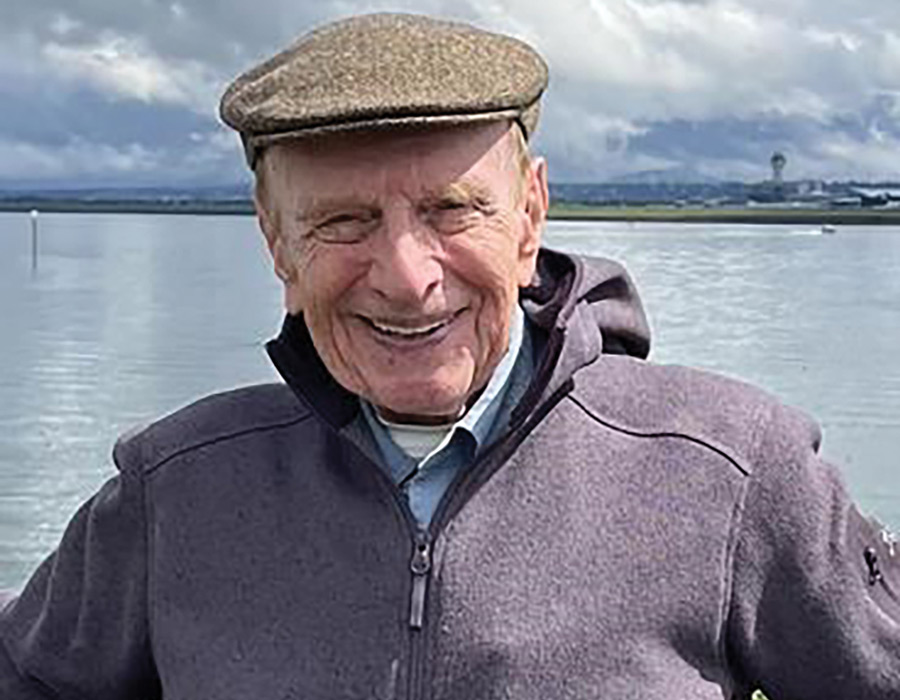
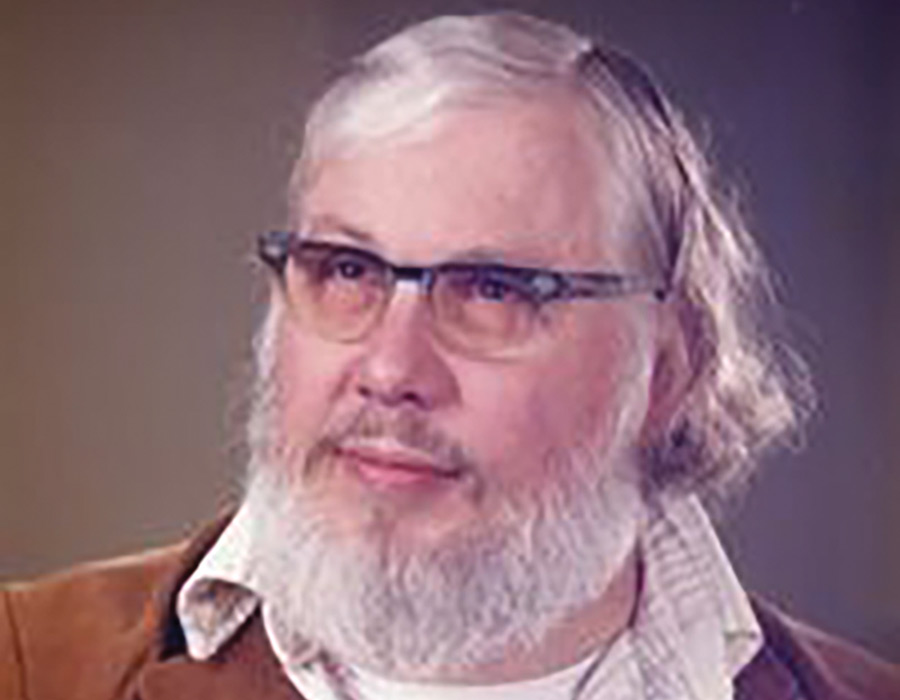
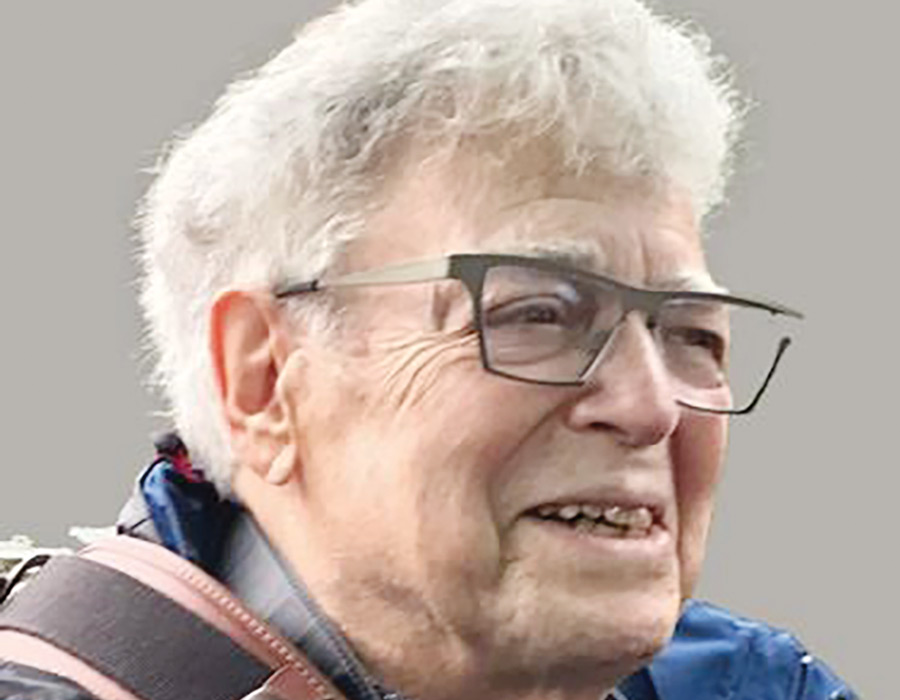
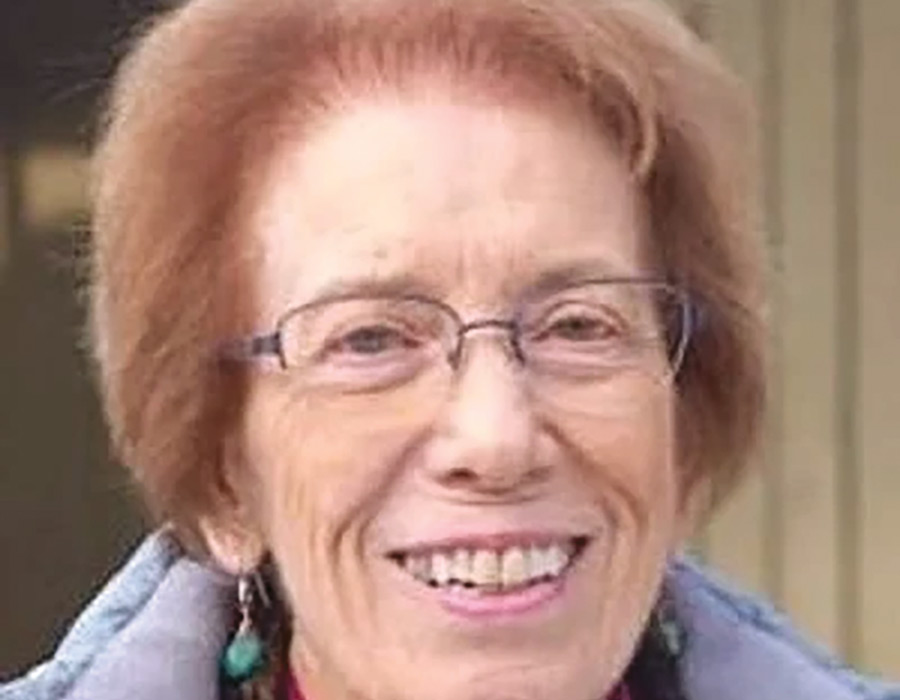
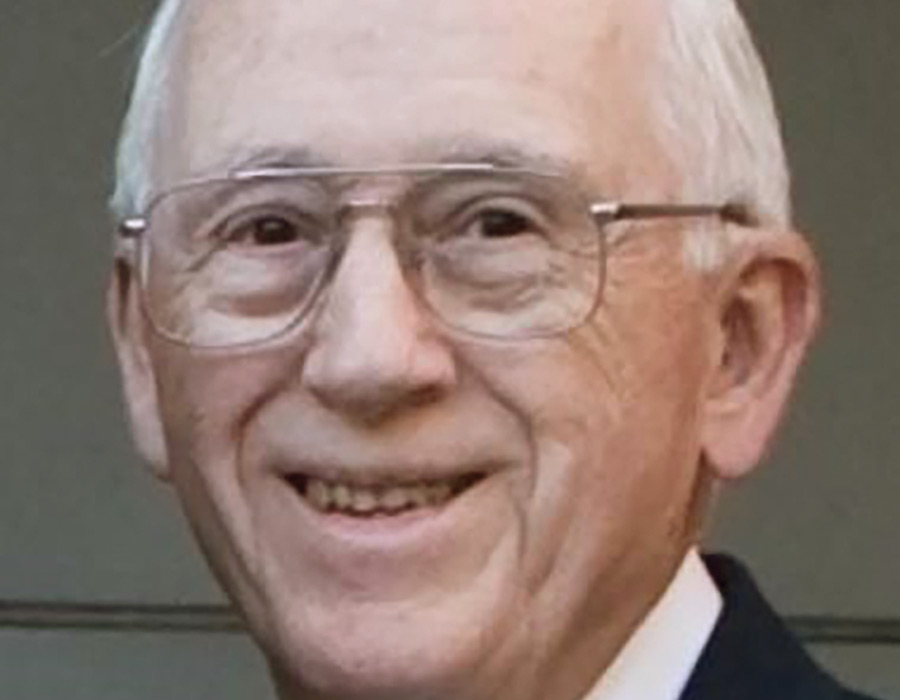
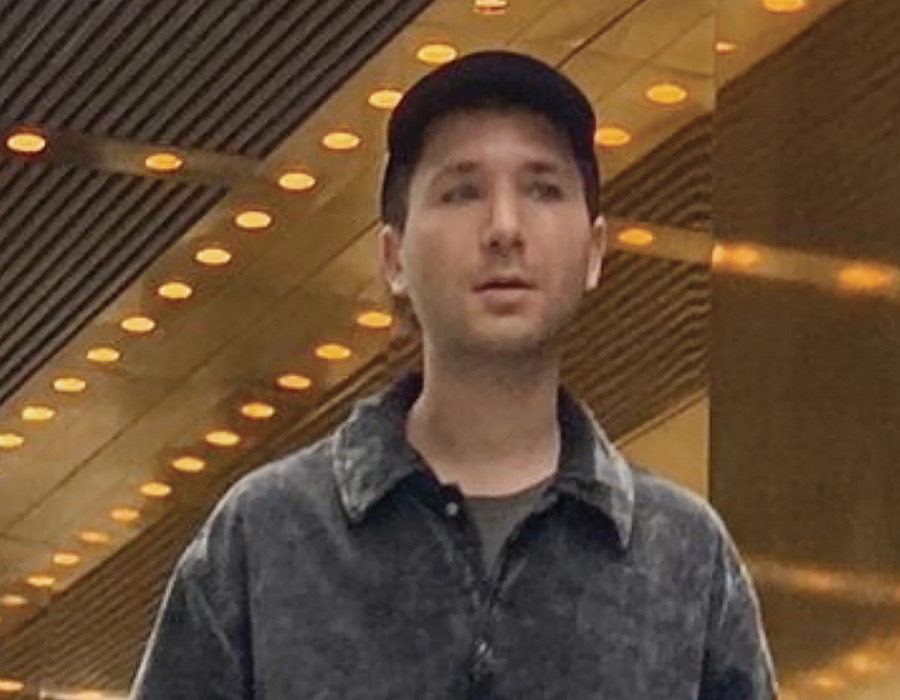
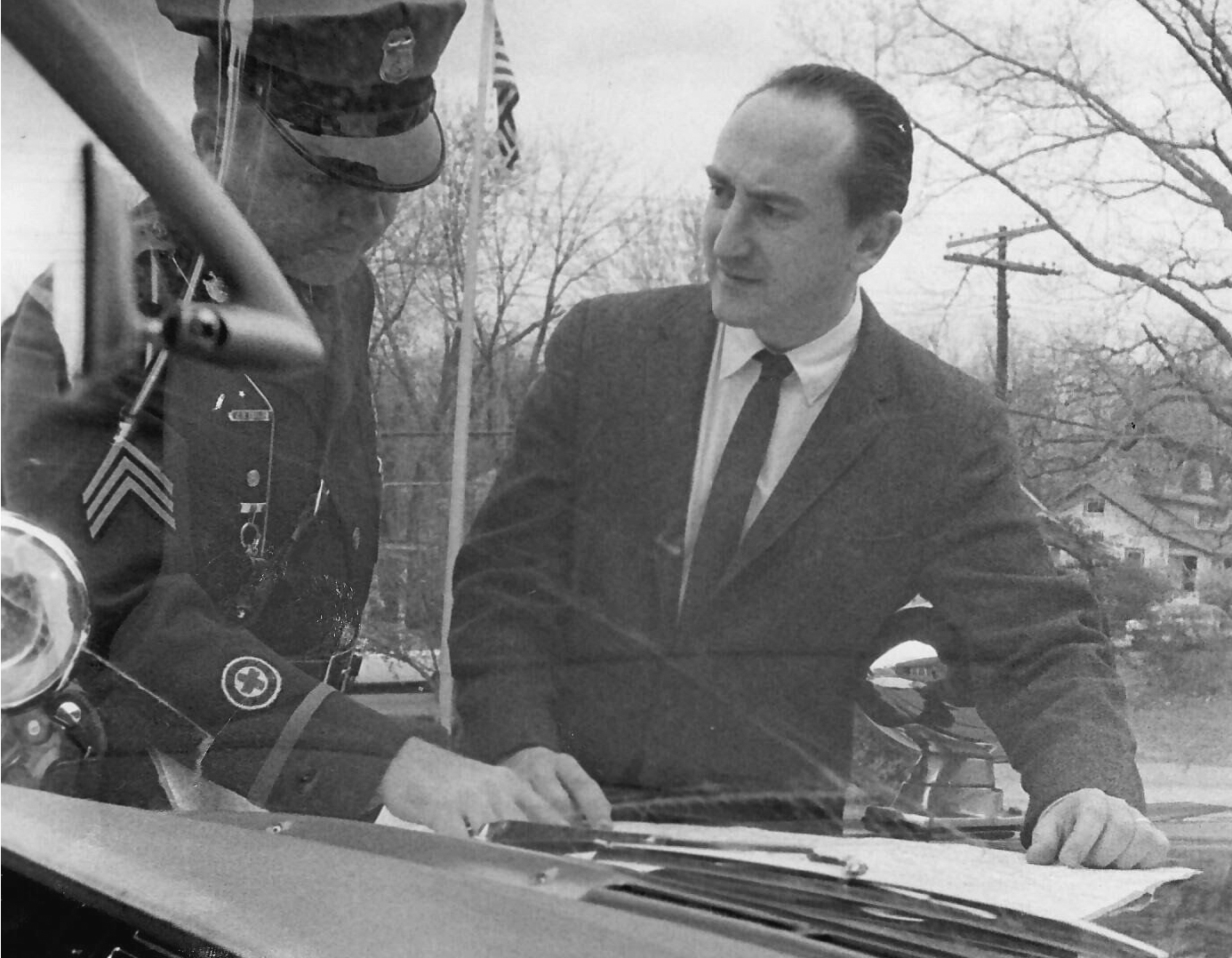
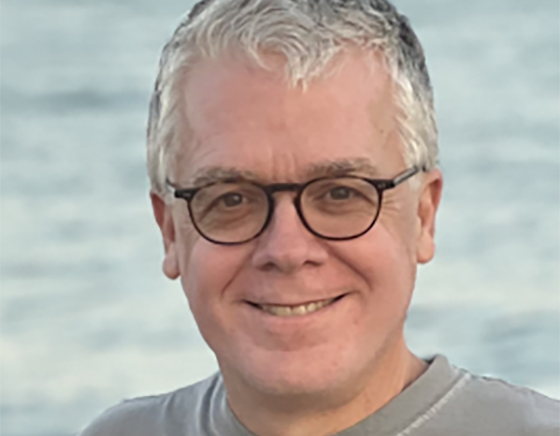
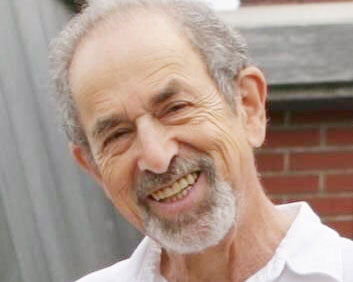



![Photo of Prof. Marvin Levich [philosophy 1953–94]](https://www.reed.edu/reed-magazine/in-memoriam/assets/images/2022/LTL-levich1.jpg)
![Photo of President Paul E. Bragdon [1971–88]](https://www.reed.edu/reed-magazine/in-memoriam/assets/images/2020/Bragdon.jpg)
![Photo of Prof. Edward Barton Segel [history 1973–2011]](https://www.reed.edu/reed-magazine/in-memoriam/assets/images/2020/Segel.jpg)








































































